Welcome to Good Market Info!
Click the logo to return to the Good Market app
Welcome to Good Market Info! Click the logo to return to the Good Market global app.

Welcome to the 40 social enterprises, cooperatives, responsible businesses, civic organizations, and networks that became Good Market approved in September 2023! This month’s roundup includes new community members from Australia, Sri Lanka, India, Afghanistan, Uganda, Kenya, Germany, the Netherlands, Belgium, the United Kingdom, Ireland, the United States, and Canada. More than 2,951 enterprises across 99 countries are now part of the Good Market commons. ❤️
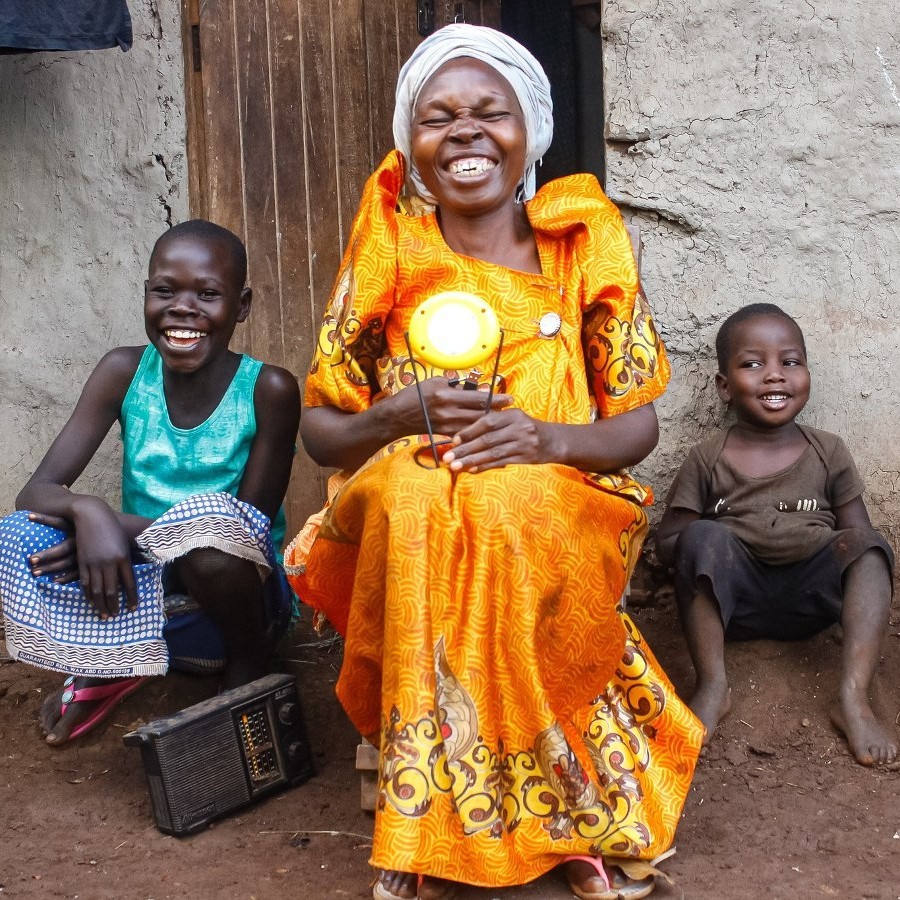
Buloba, Uganda
Let There Be Light International (LTBLI) combats climate change and energy poverty through solar programs in vulnerable off-grid communities in Uganda, Malawi, Kenya, and Rwanda. They partner with grassroots organizations to provide individual solar lights to families that are left out of market-based electrification programs. The kerosene lamps and candles used by these energy-poor households are dangerous, expensive, and highly polluting. Switching to solar lighting improves health, safety, and wellbeing. Families are able to use their fuel savings for basic needs, and children are able to study safely and have more opportunities to learn and thrive. Their Safe Births + Healthy Homes program solar-electrifies off-grid health clinics to extend hours and improve care, provides community-based education on maternal and infant health, and donates safe solar lights to new mothers and babies for use at home. LTBLI participates in Sustainable Energy for All, Every Woman Every Child, Catalyst 2030, and other networks and founded the Shine On Network for organizations working on solar programming in East and Central Africa. They are registered as a 501(c)3 not-for-profit organization and reinvest all proceeds towards their mission.
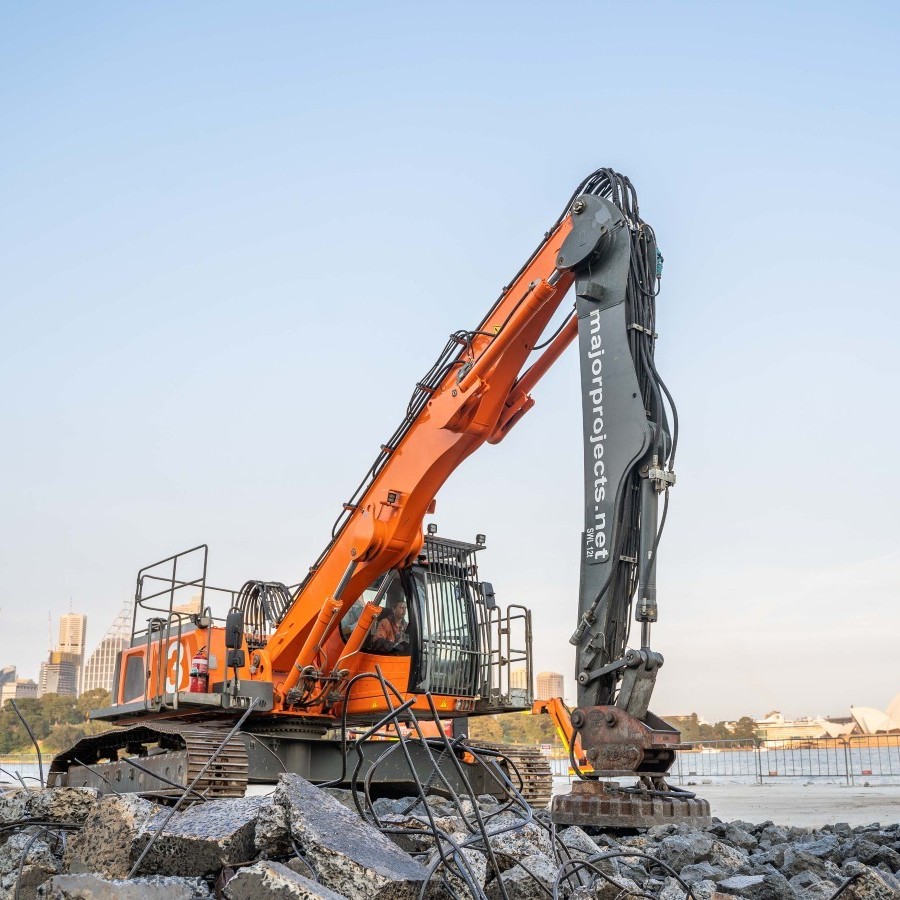
Mayfield West, New South Wales, Australia
Major Projects Group provides innovative and cost-effective demolition solutions for their customers and creates a sustainable environment for future generations. They have the equipment and expertise for industrial, commercial, marine, and high-risk demolition services, asbestos and hazardous waste removal, decommissioning, deconstruction, and remediation across Australia. They also offer consulting services and modular building solutions. Employees receive continuous industry-leading hazard and safety training and follow cutting-edge engineering processes and methodologies to ensure safety and minimize impact. Their demolition projects consistently achieve recycling rates above 98 percent. Major Projects Group allocates 50 percent of profits to the Major Projects Foundation, which focuses on emerging maritime issues in Australia and the Pacific islands, including the threat of oil spills from World War II shipwrecks, ghost nets, unexploded ordinance, plastic pollution, and the effects of climate change. Major Projects Group is a Social Traders Certified Social Enterprise and has ISO certification for quality management, environmental management, and occupational health and safety.
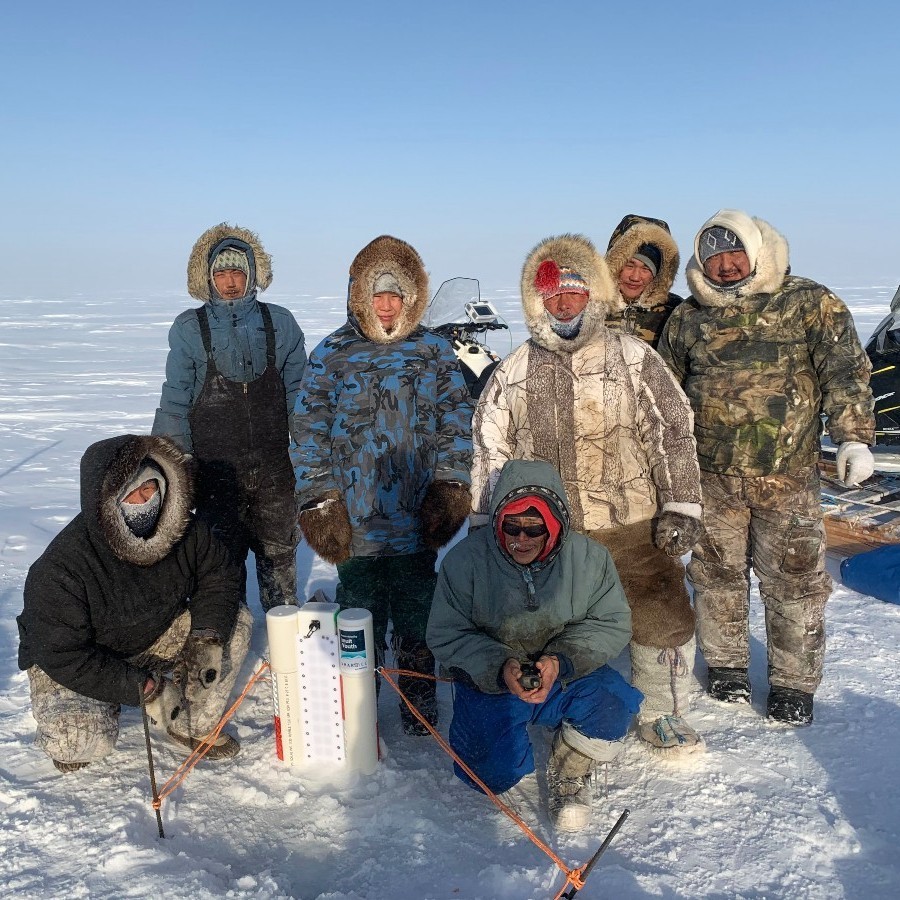
Nunavut, Canada
SmartICE offers climate change adaptation tools and services that integrate traditional Indigenous knowledge of sea ice with innovative data acquisition, remote monitoring, and mapping technology. Sea ice is vital to life in the North, and as it becomes less predictable, ice travel risk increases. The SmartICE system provides invaluable, data-driven insights into sea ice thickness and local ice conditions and supports informed decision-making. It helps northern communities stay connected and better maintain traditional livelihoods and cultural practices. The SmartICE business model expands economic opportunities and promotes Inuit culture, intergenerational learning, and community wellbeing. They offer culturally contextualized employment readiness and technology development training for Inuit youth at their Northern Production Centre in Nunatsiavut. SmartICE is a Buy Social Canada Certified Social Enterprise and a member of EcoNext, UArctic, OceansAdvance, and Canada’s Ocean Supercluster. They reinvest all surplus towards their purpose.
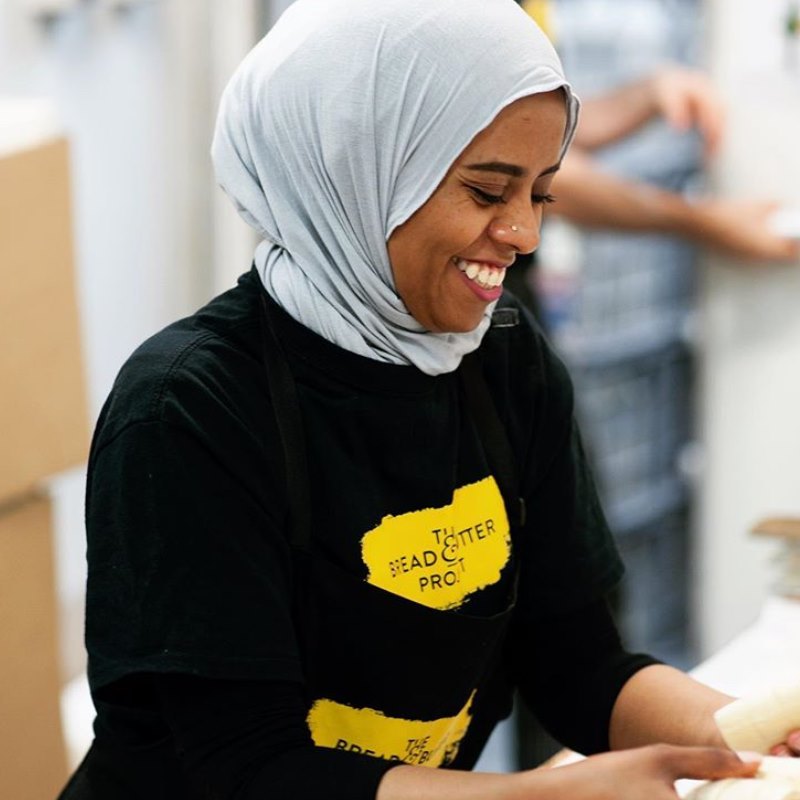
Marrickville, New South Wales, Australia
The Bread & Butter Project produces artisanal baked goods and creates opportunities for refugees and people seeking asylum in Australia. They supply fresh sourdough bread, brioche, pastries, and specialty loaves wholesale to retailers, cafes, and workspaces throughout greater Sydney. Their six to eight-month program includes on-the-job professional bakery training, TAFE accreditation, English-language tutoring, and job readiness support. After graduation, the Bread & Butter Project helps trainees secure employment with like-minded organizations that are passionate about creating diverse and empowered workplaces. The program boosts trainees’ prospects of successful resettlement and employment, builds a strong sense of belonging in the Australian community, and has lasting intergenerational impacts. The Bread & Butter Project uses sustainably sourced local ingredients and provides unsold bread to food rescue services. They are a Social Traders Certified Social Enterprise and invest 100 percent of their profits into creating opportunity and alleviating poverty.
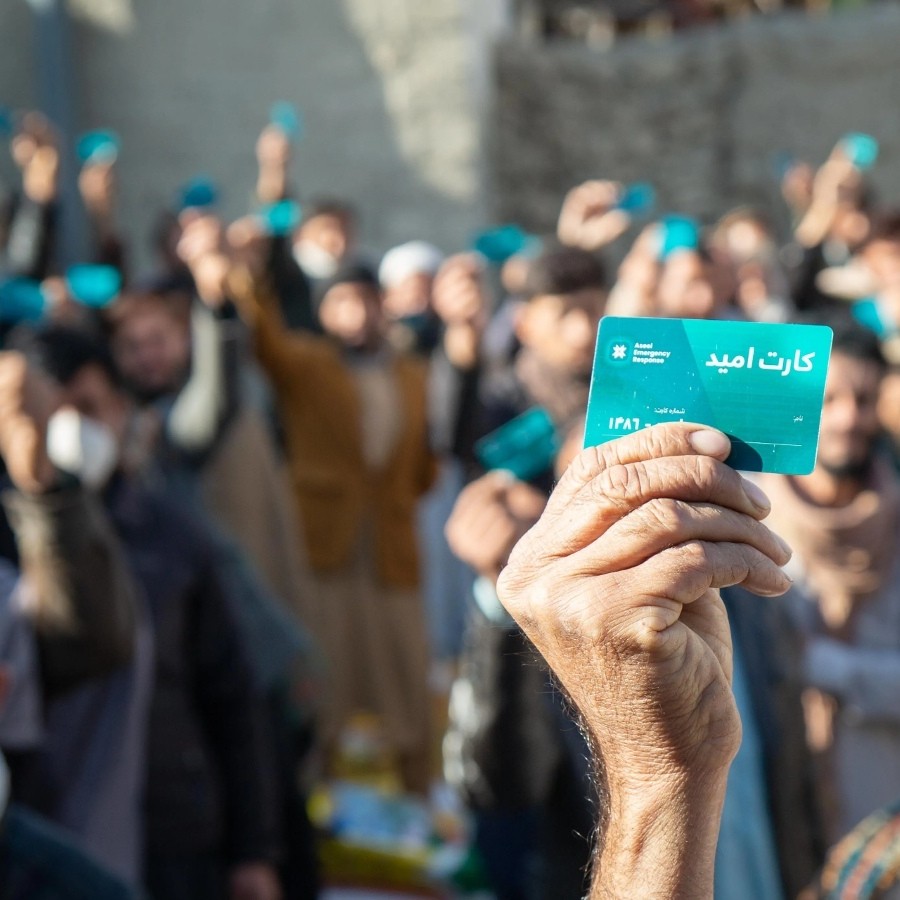
Kabul, Afghanistan and Arlington, Virginia, United States
Aseel onboards underserved communities to the digital economy through an online marketplace and a transparent aid platform. They started with “Buy Good,” a mobile app designed to connect skilled artisans in Afghanistan with global buyers. They later expanded to “Do Good,” which enables global supporters to participate in campaigns and send and track emergency packages and direct aid to Afghan families and individuals with registered Aseel Omid ID cards. Aseel’s Atalan Network helps ensure digital inclusion and create local economic opportunities. Atalan means heroes in Pashto. Network members help artisans, small businesses, and families in need by creating shops, listing products, registering them for Omid ID cards, and ensuring aid delivery. They receive compensation or reimbursement for completed tasks. Aseel was started by Afghan youth. They have onboarded artisans and underserved communities in Afghanistan and Turkey and plan to expand to all 46 countries on the United Nations least developed countries (LDC) list.
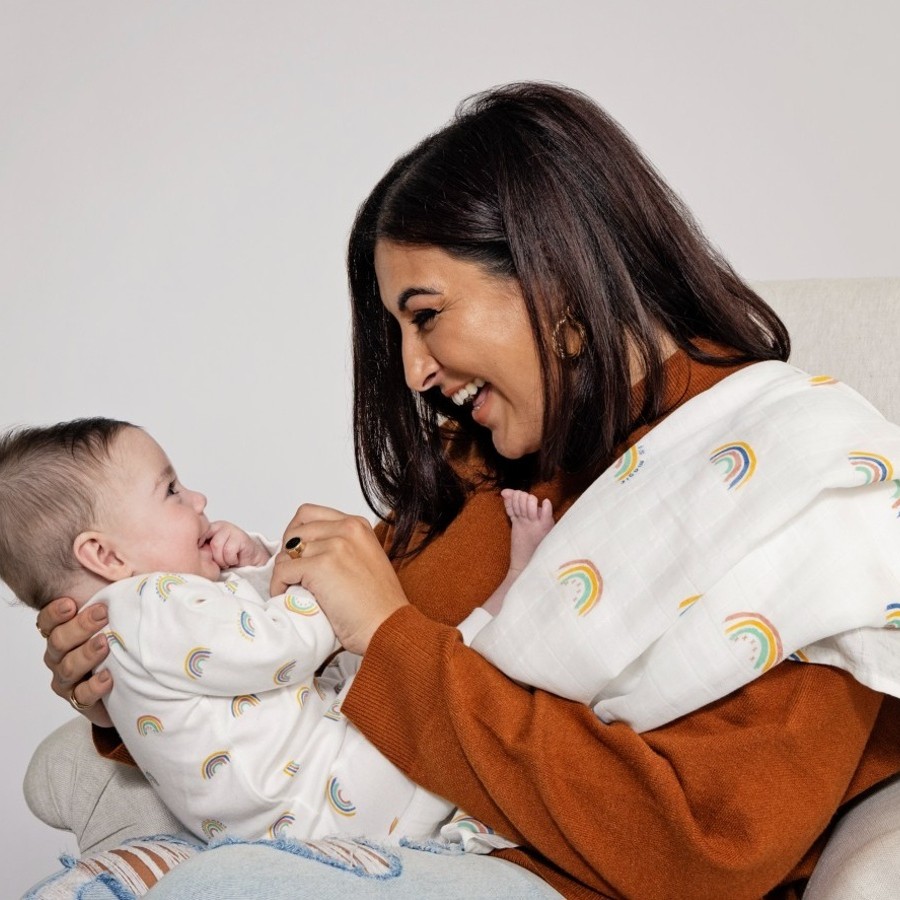
From Babies with Love offers unique, ethically sourced clothing and gifts for babies, new parents, and families and uses all profits to support orphaned and abandoned children around the world. Products include organic certified baby clothing, blankets, swaddles, accessories, soft toys, and t-shirts, fairtrade organic chocolates, soy wax candles, and more. From Babies with Love provides a corporate gifting service for employee onboarding, appreciation, parental leave, return to work, and other events. They also offer workshops and resources on cutting-edge parental and family leave practices and host the “How HR Leaders Change the World” podcast and events. For every gift that’s purchased, From Babies with Love donates to Street Child and SOS Children’s Villages to support children that have lost their parents through war, famine, disease, or poverty. When these children are loved, cared for, and educated, they are able to go on to lead independent lives and break the cycle of poverty. From Babies with Love is a member of Social Enterprise UK.
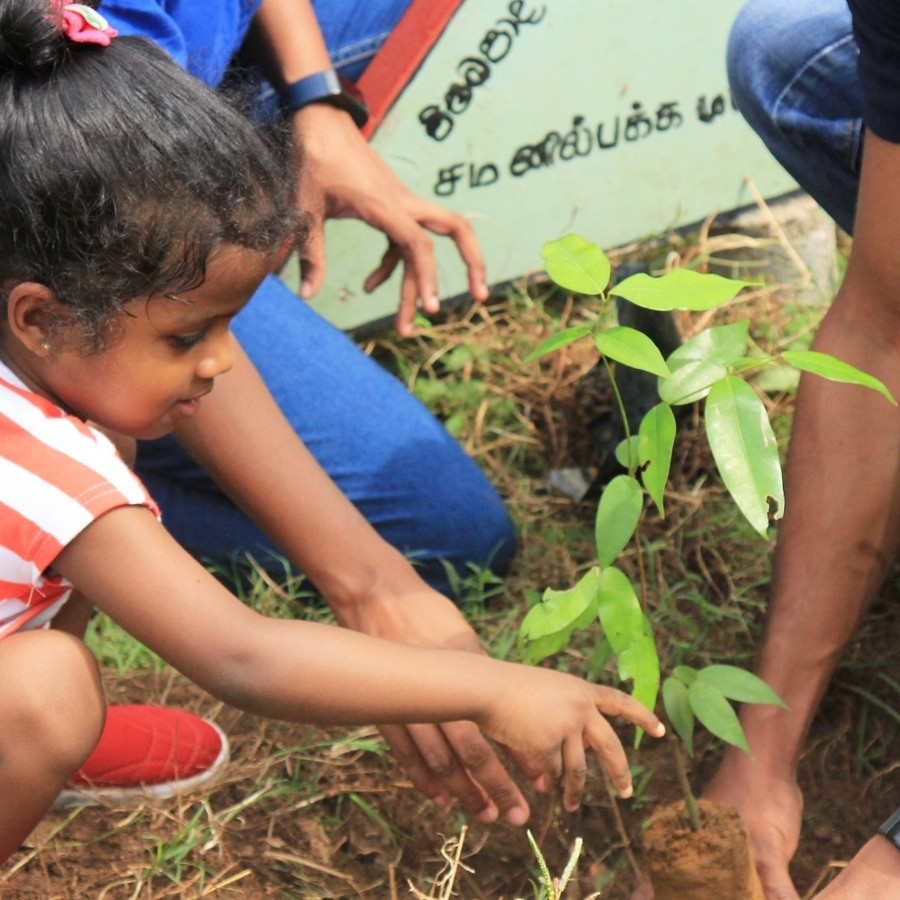
Boralesgamuwa, Sri Lanka
Thuru introduces new technologies and innovations to accelerate reforestation and connect people with nature. They have developed popular biodegradable seedpods, a mobile app to track tree planting and increase public engagement, a network of nurseries with quality planting materials, and drone technology for large scale planting. They develop urban forests using the Miyawaki method and undertake large reforestation and ecosystem restoration projects. The Thuru volunteer network organizes community programs and tree planting events with the goal of planting two million trees through the platform. Thuru, which means trees in Sinhala, started in Sri Lanka and has now expanded into other countries in the region. They operate under Vibhava Solutions and reinvest all surplus towards their mission.
www.goodmarket.global/thuru
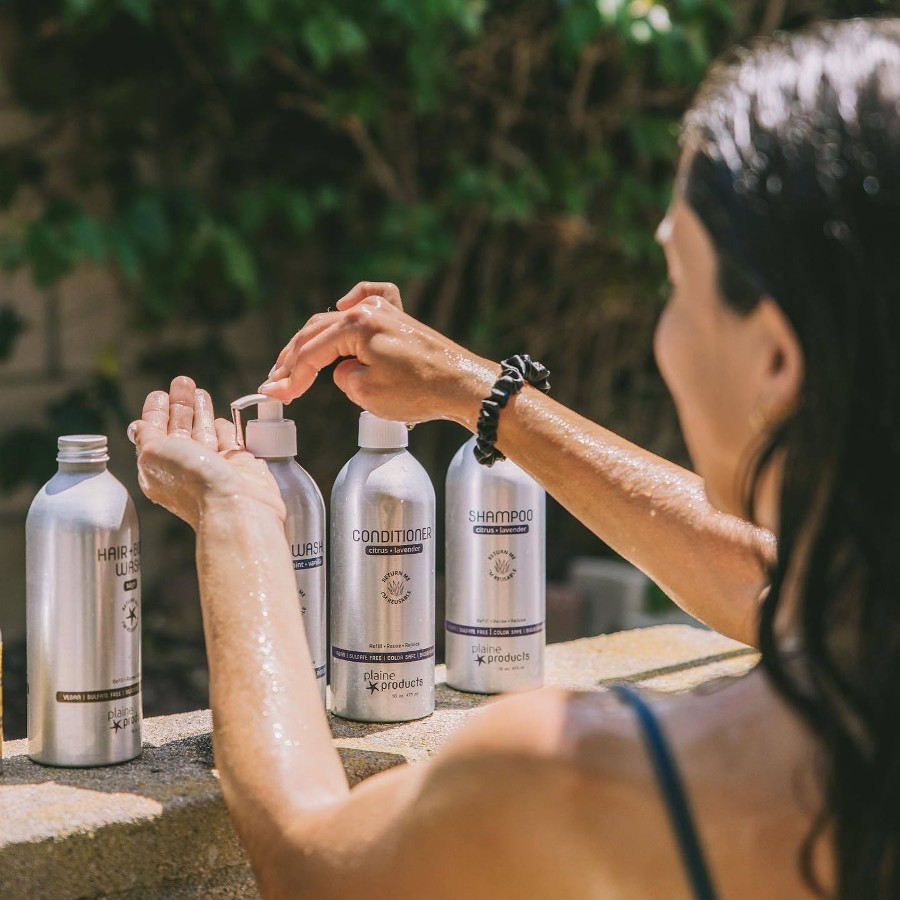
Milford, Ohio, United States
Plaine Products helps eliminate single-use plastic and contributes to a circular economy by offering clean personal care in aluminum bottles that can be sent back and reused indefinitely. Their shampoos, conditioners, moisturizers, washes, styling gels, and other products are made in the United States from vegan, cruelty-free, biodegradable, non-GMO, toxin-free ingredients. They use whole essential oil blends and carefully selected plants and minerals from renewable sources. Plaine Products sells online and through zero waste refill shops and retail partners. They also provide refillable bottles and bulk refill options to short-term rentals, boutique hotels, and other property managers. Bottles and bulk containers can be sent in for sterilization and reuse. Plaine Products offsets carbon through We Are Neutral and donates at least one percent of revenue to certified environmental nonprofits. They have Leaping Bunny, PETA Cruelty Free and Vegan, WBENC Women-Owned Business, 1% for the Planet, and B Corporation certification, and they are members of the Innovation Alliance for a Global Plastics Treaty (IAGPT) and the World Economic Forum’s Consumers Beyond Waste (CBW) initiative.
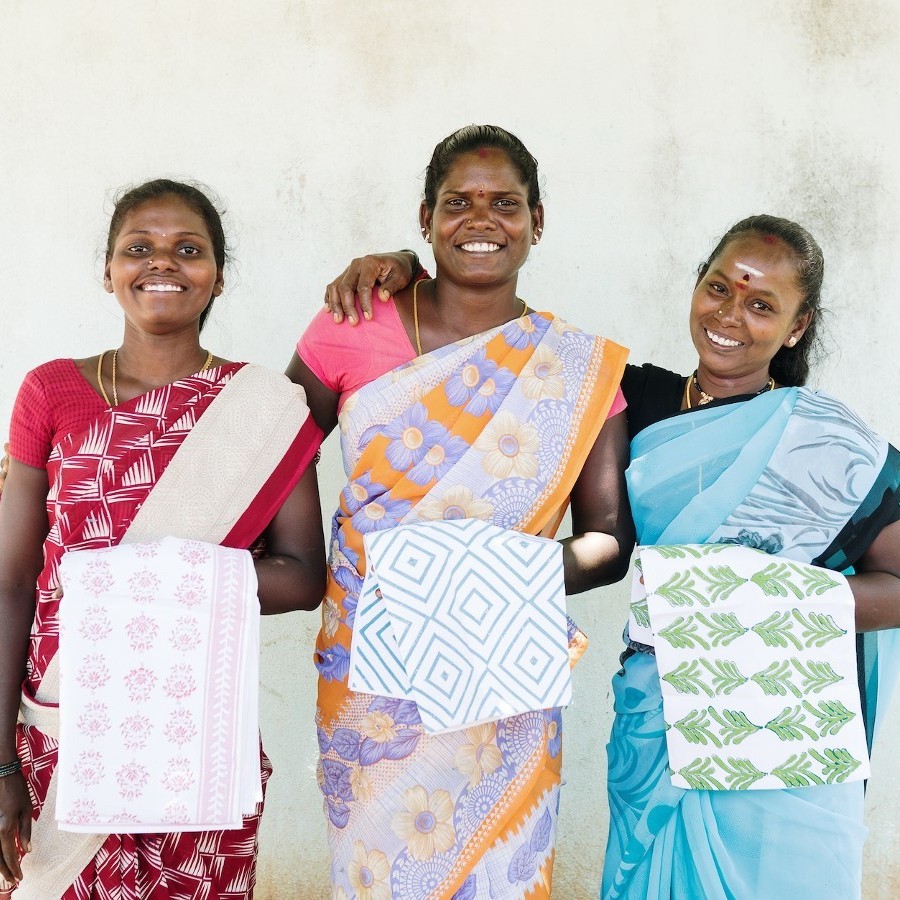
Dallas, Texas, United States
Mended provides economic empowerment to survivors of modern-day slavery in South Asia through the production of hand block printed housewares and accessories. They work with survivors of bonded labor slavery in a rural area with limited access to water and electricity. Mended provides training in the art of block printing, above-market pay, and sustainable livelihood opportunities. Their reusable cotton tea towels and napkins provide an alternative to synthetic materials and single-use paper products. Mended has collaborated with public figures, music groups, and other partners to expand impact and increase the visibility of the fight to end modern-day slavery.
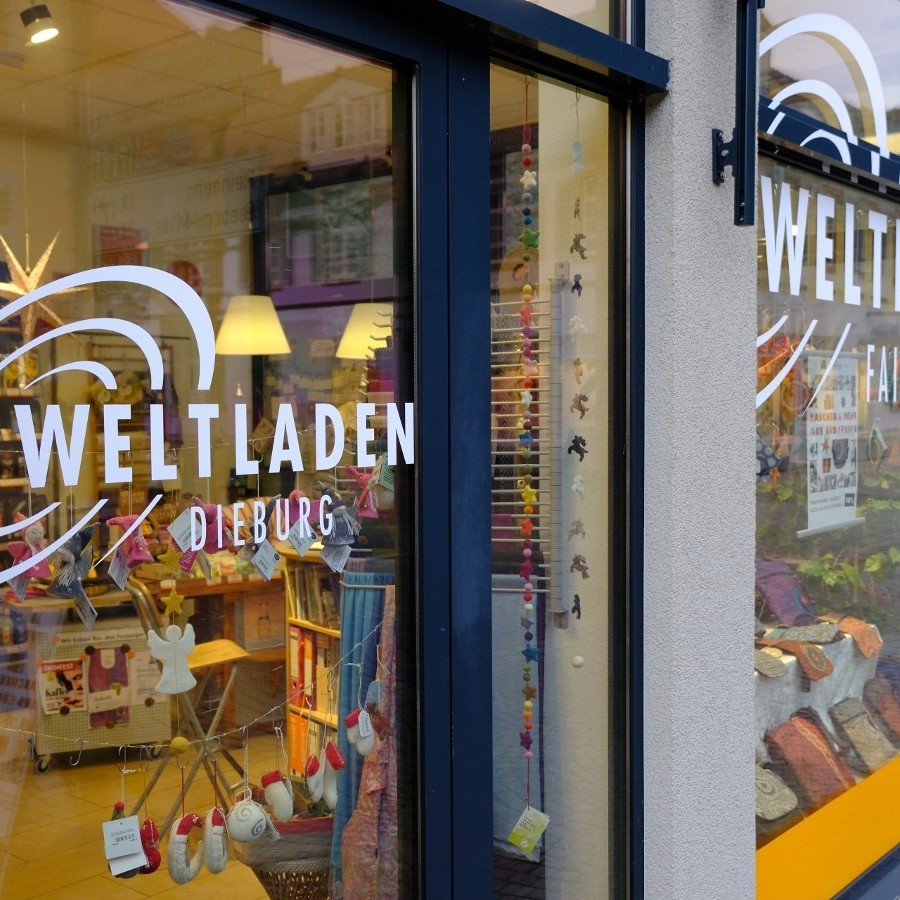
Dieburg, Germany
Weltladen Dieburg is a fair trade world shop and solidarity initiative in southern Hesse developed by One World Association Dieburg. They offer food, housewares, clothing, accessories, and more from global fair trade partners that meet the World Fair Trade Organization (WFTO) ten principles of fair trade. Weltladen Dieburg is powered by a community of volunteers who work in the shop, educate people on fair trade issues, increase international understanding, promote fair and sustainable economic relationships, and participate in campaigns. They provide educational materials and organize lectures, workshops, discussions, seminars, exhibitions, and other events. Weltladen Dieburg is part of Dieburg FAIRnetzt and the Weltladen umbrella association. They are registered as a not-for-profit organization and reinvest all surplus towards their purpose.
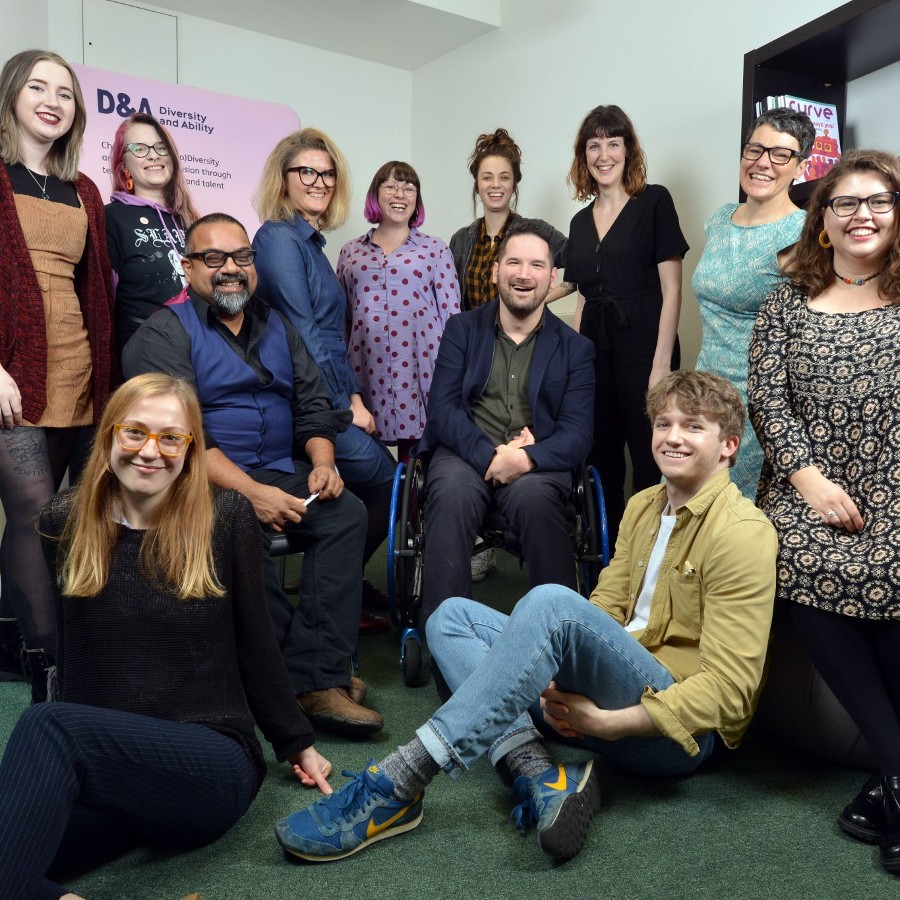
Brighton, England, United Kingdom
Diversity and Ability (D&A) champions neurodiversity and disability inclusion through technology, training, and talent. They support individuals, organizations, and social justice projects to create inclusive cultures where diversity is valued and people can thrive. Eight-five percent of D&A team members identify as neurodiverse and/or disabled, and they have shown that peer-to-peer support, delivered by those with shared lived experiences, has the potential to make life-changing differences. D&A informs policy, pioneers projects, and offers bespoke workshops and training programs, consultancy services, audits, and individualized support in the education sector and in workplaces. They have created a Global Inclusion Kitemark that recognizes organizations on the Equity, Diversity, and Inclusion journey and AXS Passport, a digital tool for inclusion. D&A is a member of Social Enterprise UK and partners with a range of organizations working for an inclusive society.
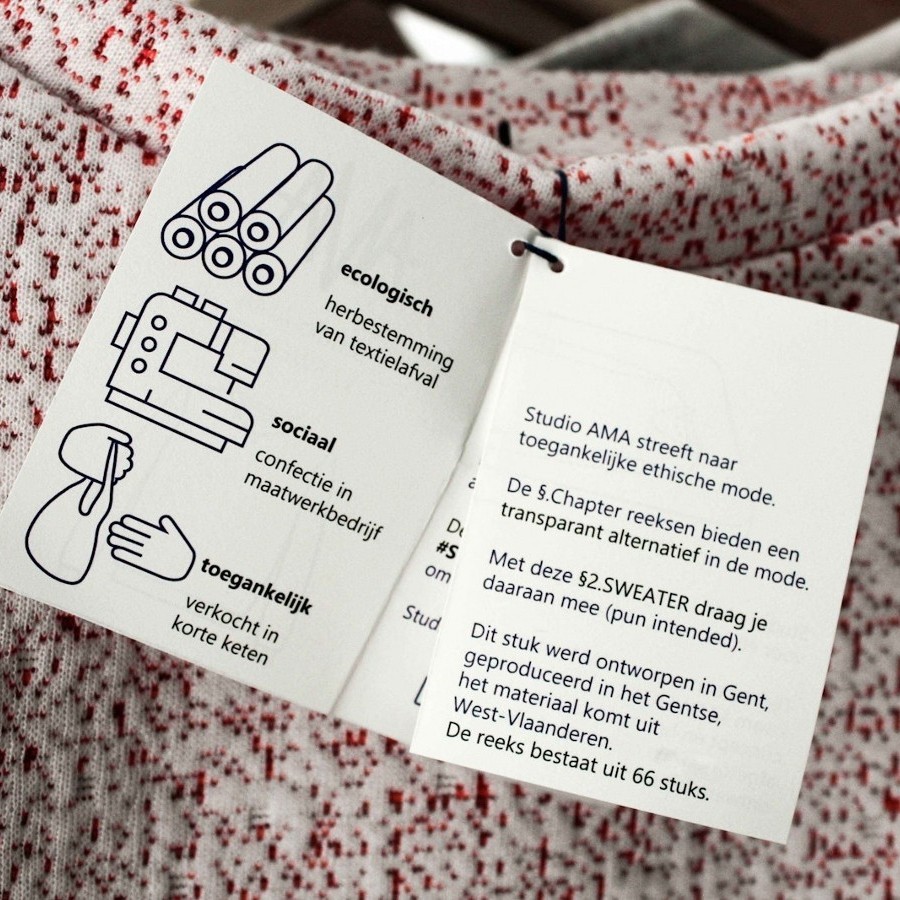
Gent, Belgium
Studio AMA demonstrates that fashion can minimize environmental impact and contribute to society through textile waste management, circular design, socially responsible production, and short, transparent value chains. They create unique upcycled clothing and accessories in Belgium using textile waste from local industries including mattress covers, towels, men’s shirts, sunshade material, and surplus Belgian linen. Each piece is produced in partnership with local sheltered workshops that provide paid work for people with disabilities and other barriers to employment. Studio AMA is committed to gender inclusive and body positive designs. Their “Well Dressed” platform raises awareness about sustainable fashion and encourages people to make a positive impact by wearing clothes that match their values.
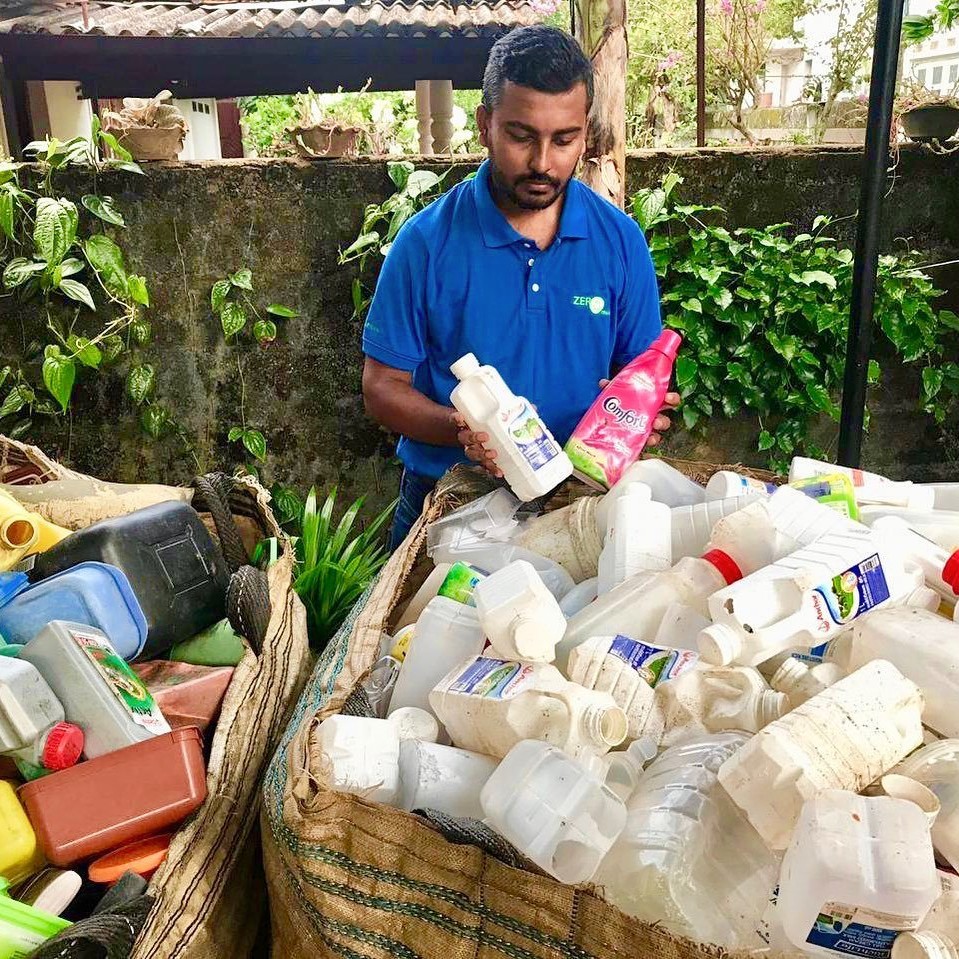
Boralesgamuwa, Sri Lanka
ZeroTrash collects, sorts, and transports recyclable waste in Sri Lanka to protect the environment from pollution and contribute to a circular economy. They collect plastic bottles, plastic furniture, toothbrushes, pens, yogurt cups, Tetra Pak, metal, paper, cardboard, coconut shells, and clear, brown, and green glass. ZeroTrash has a particular focus on plastic waste because earlier collection systems were not economically viable. They also train people to make ecobricks and collect them for community construction projects. ZeroTrash organizes workshops and volunteer programs at their collection center in Boralesgamuwa. They operate under Vibhava Solutions and reinvest all surplus towards their mission.
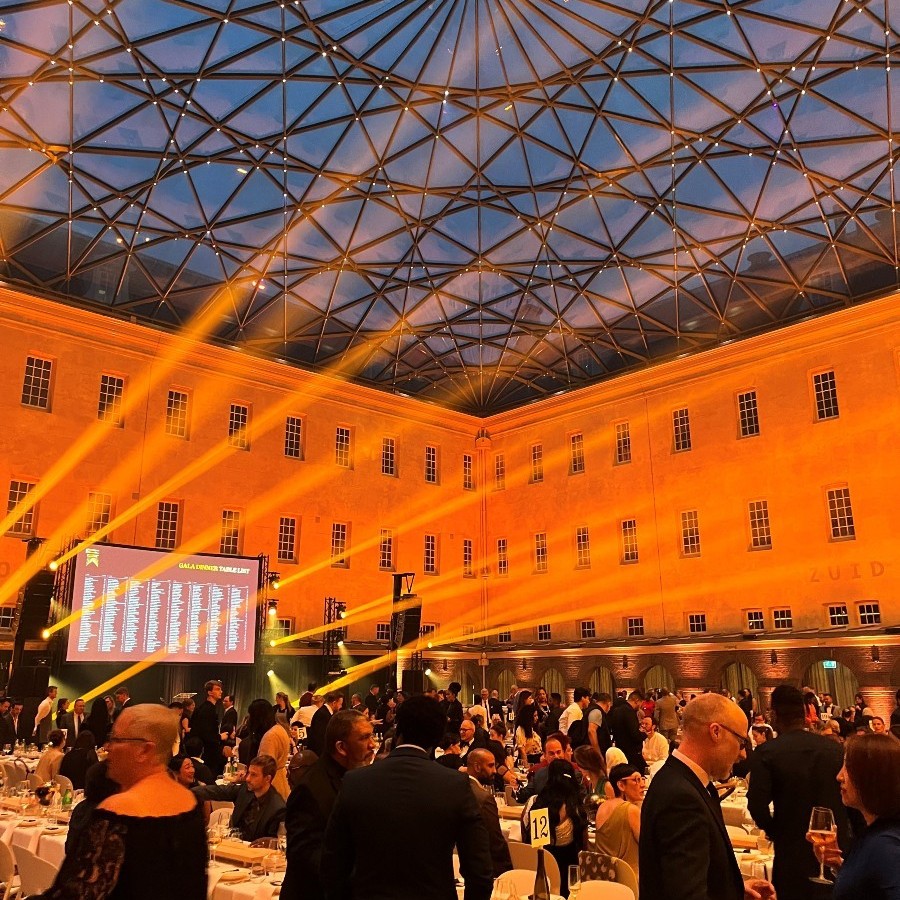
Telos helps businesses and governments create social, economic, and environmental value through their supply chains. They make the business case for “procurement as a force for good” through publications and advocacy, and they provide advisory services to corporations, government bodies, and intermediaries interested in developing social procurement programs. Through their Buy Social Europe program, Telos works with the procurement teams of multinational corporations and supports them to purchase more from social economy organizations. It introduces participating businesses to suppliers across Europe, engages and trains their staff, tracks spend, and measures impact. Work is delivered individually to maximize the benefits to each company but reported collectively to de-risk engagement for individual businesses. Profits are used to support the development of social enterprise suppliers and service providers. Telos has a golden share owned by Social Enterprise UK to protect their purpose over time.
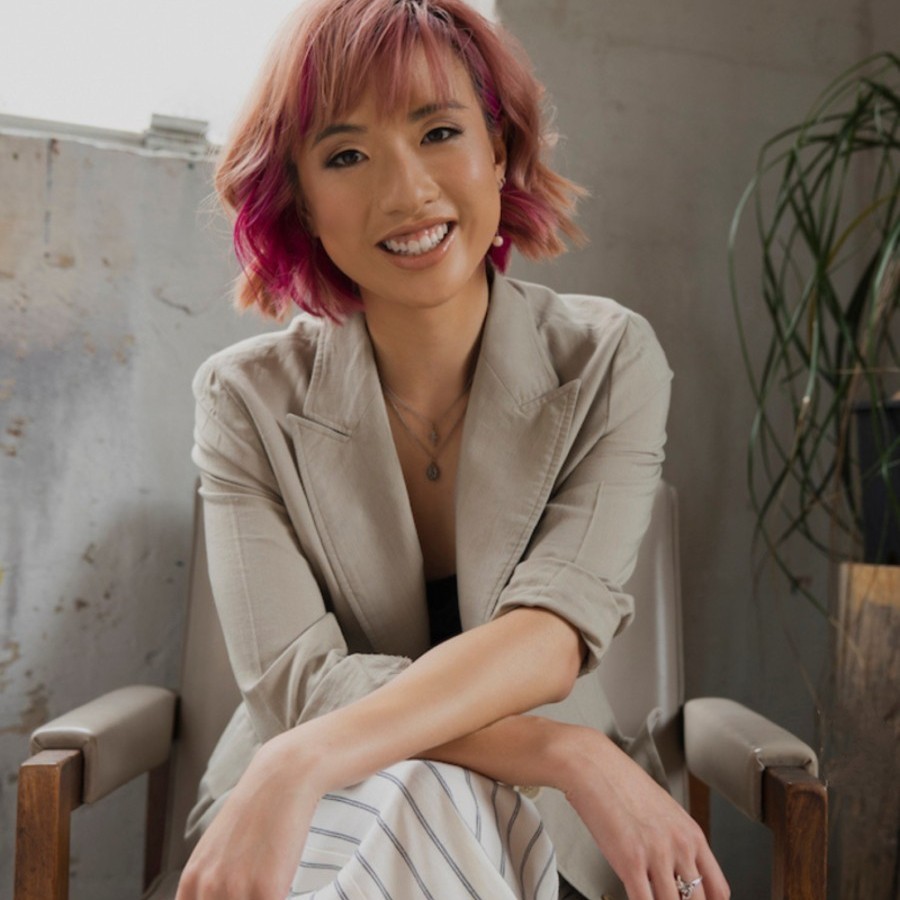
Sydney, New South Wales, Australia
The Social Story empowers purpose-driven brands to use social media for positive impact. They specialize in considered content creation, strategic consultation, and management services to meet business goals, maximize impact, and create meaningful audience relationships. The Social Story is committed to kindness, diversity, accessibility, gender equality, sustainability, and giving back. They partner with Avenue Coworking to develop manuals, processes, and work opportunities that support people with physical disabilities or neurodivergence, and they work with B1G1 to contribute to causes aligned with the UN Global Goals. The Social Story has tiered pricing models and provides low bono or pro bono services for smaller enterprises and low-income groups and gives back through donations, volunteering, and mentoring. They are a Clean Creatives Agency, a Social Traders Certified Social Enterprise, and a member of Pride By Side, B1G1, and Social Enterprise Council of NSW and ACT (SECNA).
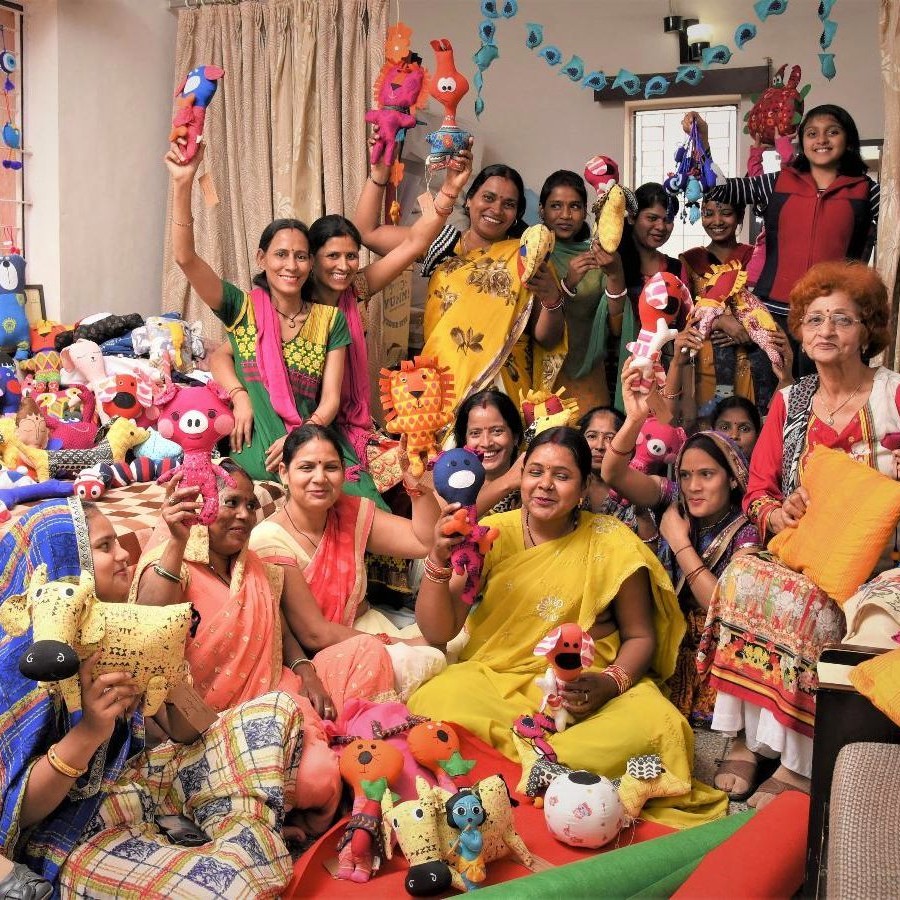
New Delhi, India
Amaryn by SVATANYA supports underprivileged women to leverage their creativity, become financially independent, and live with dignity through the production of handcrafted products and toys that are distributed to children in need. They create clothing, accessories, housewares, and soft toys from upcycled textile waste and environmentally responsible materials and sell them online and through retail partners under their Amaryn brand. They also offer workshops for corporate employees on upcycling, conscious living, and other topics. Proceeds are used to train women to make handcrafted toys that are gifted to children in slums, government hospitals, shelter homes, and red light districts. The women are able to learn new skills, build their capacity, and earn a livelihood while bringing joy to local children and supporting their emotional and psychosocial development. SVATANYA collaborates with other purpose-driven organizations to offer medical camps and awareness programs on health, mental wellness, online privacy, security, and environmental sustainability.
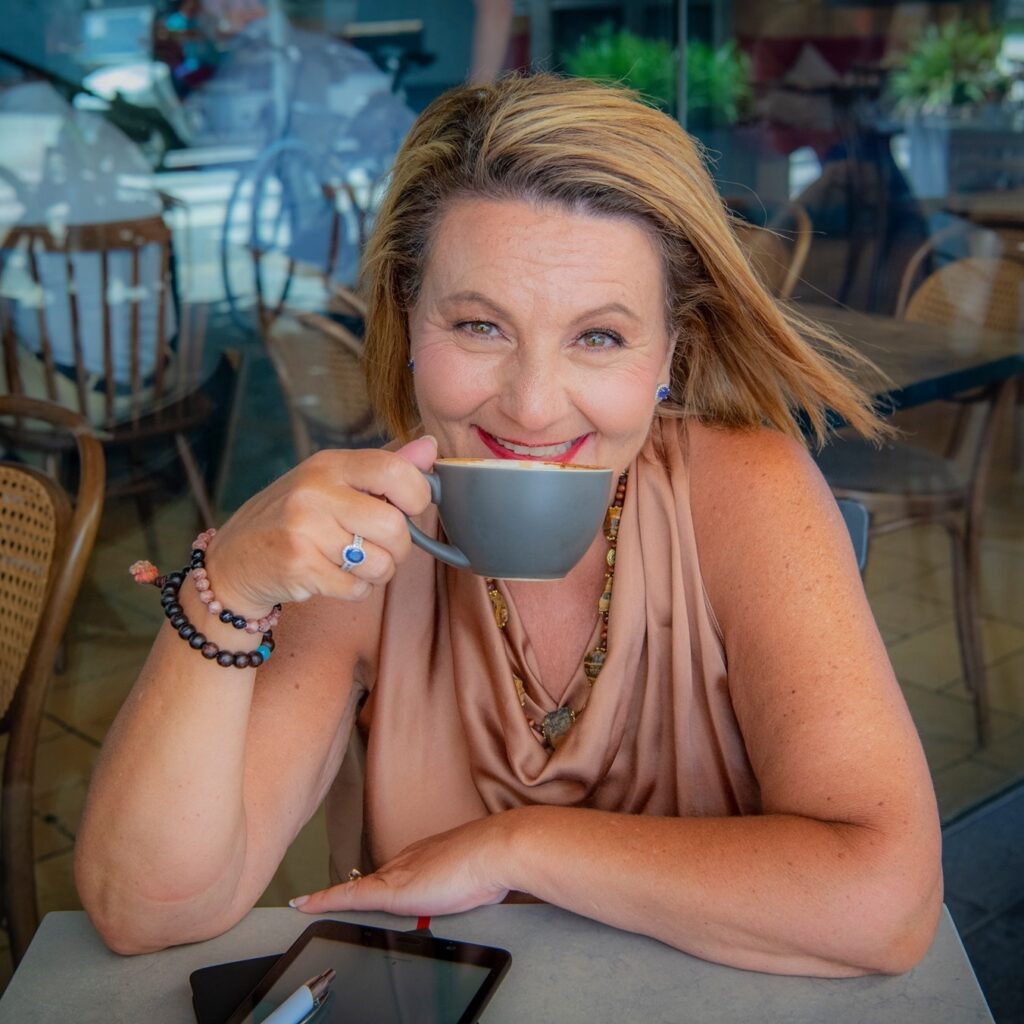
Sydney, New South Wales, Australia
Solutions2You helps visionaries, philanthropists, governments, and business leaders bring their vision to life through strategic advice, financial literacy training, leadership coaching, mentorship, and business advisory support. They offer books, online programs, and free resources and consultations. Solutions2You reinvests proceeds from paid services in Australia into their Raise the Baseline project to develop self-reliant and financially literate future leaders globally. They focus on pro bono leadership and entrepreneurship programs for women and youth in marginalized communities. Raise the Baseline provides food and transport to program participants and microfinance services for female-owned businesses. Solutions2You is a Social Traders Certified Social Enterprise, a WBENC Women-Owned Business, and a member of the Social Enterprise Council of NSW and ACT (SECNA).
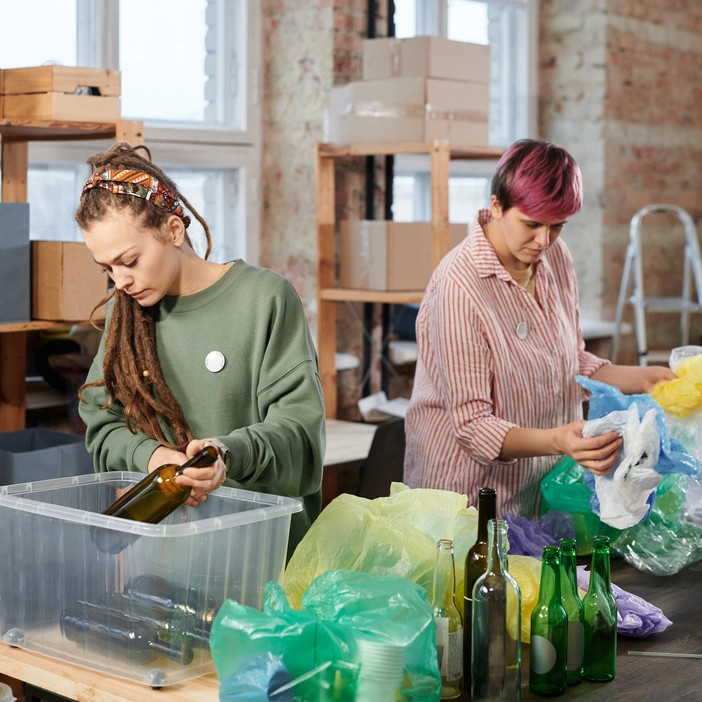
Rotterdam, Netherlands
The Waste Not Spot empowers organizations to transition towards circular economy practices, reduce their environmental footprint, and create positive social impact. They provide guidance on waste reduction, recycling, waste-to-energy conversion strategies, management plans to minimize environmental impact and maximize resource recovery, circular economy and sustainability strategies, and supply chain optimization. They also conduct sustainability assessments and organize stakeholder engagement programs to educate employees, customers, and communities about the benefits of circular economy practices and sustainable consumption. The Waste Not Spot offers discount pricing for small businesses and not-for-profit organizations and is developing a scholarship program for organizations in need. They maintain an online community group, and they offer free workshops, webinars, newsletters, and downloadable content. The Waste Not Spot is part of Zero Waste International Alliance, Zero Waste Europe, Circular Economy Australia, and other zero waste, circular economy, and sustainability groups.
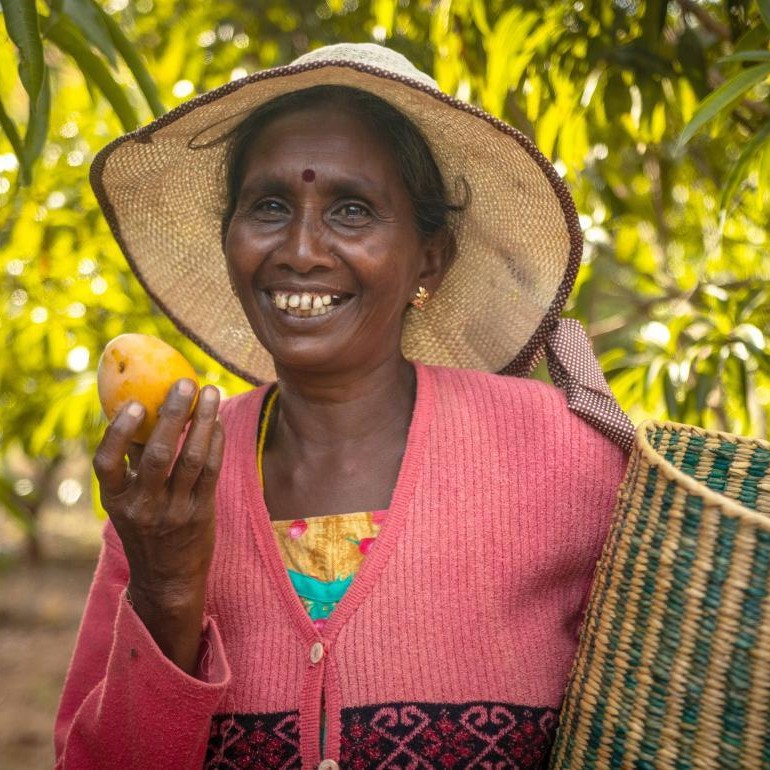
Colombo, Sri Lanka
World Vision Lanka works with children, families, and communities in Sri Lanka to overcome poverty and injustice. They started in 1977 with a small-scale revolving loan program and expanded to education, health and nutrition, water and sanitation, economic development, child protection, and emergency response. Their Area Development Programs are based on a participatory, community-driven approach. World Vision Lanka identifies as a Christian relief, development, and advocacy organization, but they are committed to serving all people, regardless of religion, race, ethnicity, or gender. They are an international non-governmental organization that is registered locally and operates under the Voluntary Social Services Organizations Act. All surplus is reinvested towards their mission.
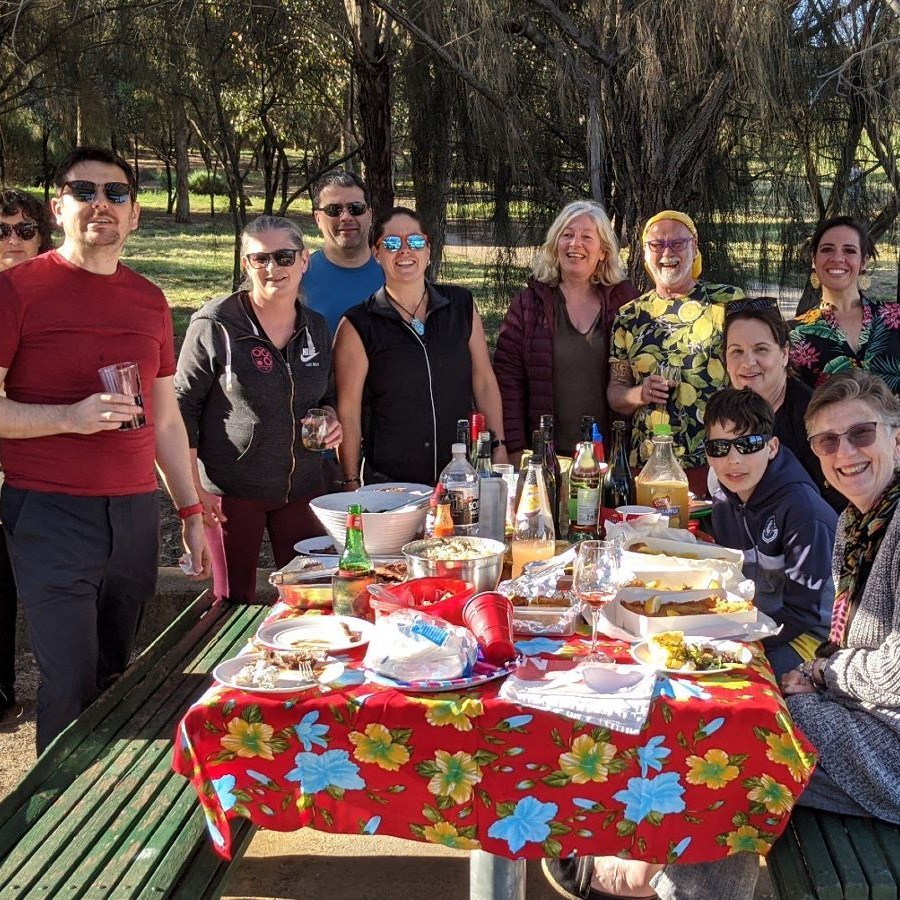
Good Karma Effect creates connected, healthy, and sustainable communities by facilitating compassionate human engagement and collaborative problem solving. They support the establishment and maintenance of Good Karma Networks (GKNs), safe, location-based online spaces for neighbors to establish relationships, share resources, and find positive solutions to one another’s challenges. These networks enable community connection and empowerment and help minimize consumption and waste by making it easier for people to give away free items for reuse and recycling. Each Good Karma Network has a GKN Guardian to support the group and help maintain the community guidelines and culture. Good Karma Effect is registered as a charity and operates through voluntary action. They are a member of Volunteering Victoria and Catalyst 2030 and work closely with other organizations committed to social change.
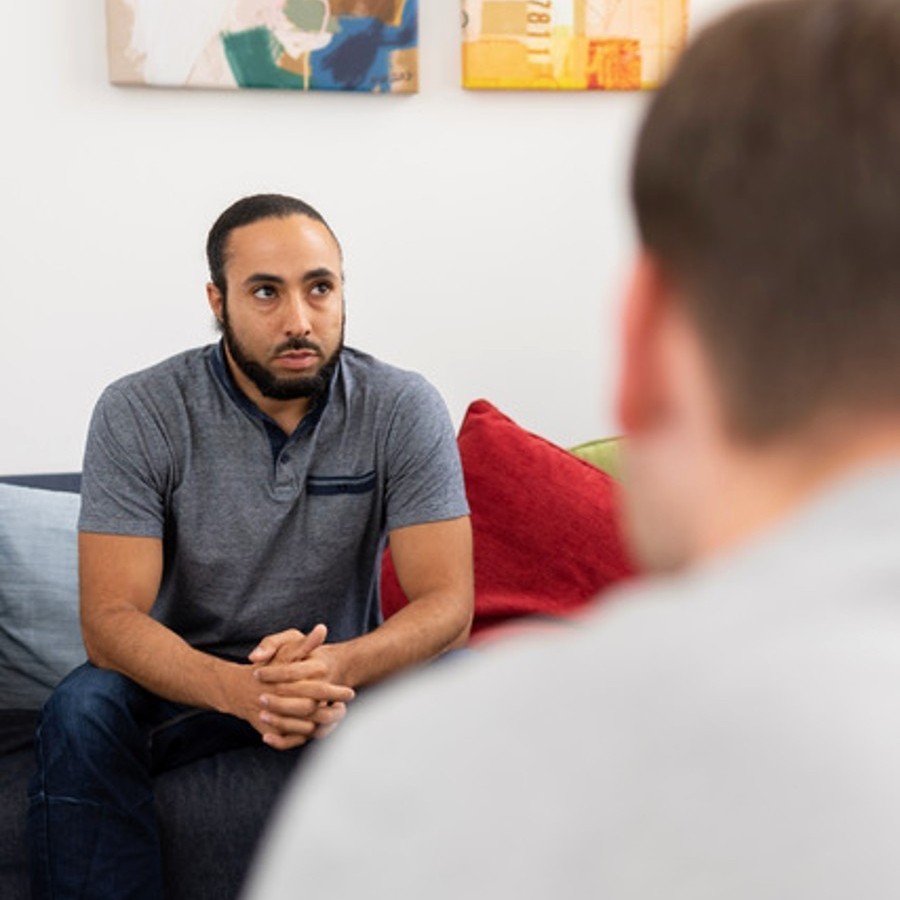
Birmingham, England, United Kingdom
Citizen Coaching and Counselling helps adults and young people lead better lives through access to affordable, jargon-free counseling, anger management, and personal development coaching delivered by a friendly professional team. Programs are interactive and people-centered. Instead of judging or telling, the Citizen team provides choices and opportunities and shares what works for others. Other initiatives include Birmingham Counselling Services, an independent counseling and psychotherapy practice, Anger UK, a package of anger management workshops, weekly classes, online training, videos, audio recordings, and books for counselors looking to expand their range of services, and Citizen Click, a digital marketing service for businesses and charities. Citizen Coaching and Counselling is registered as a Community Interest Company and is a member of Social Enterprise UK, Digbeth Social Enterprise, and the Association of Mental Health Providers. They reinvest all surplus into local community mental health services.
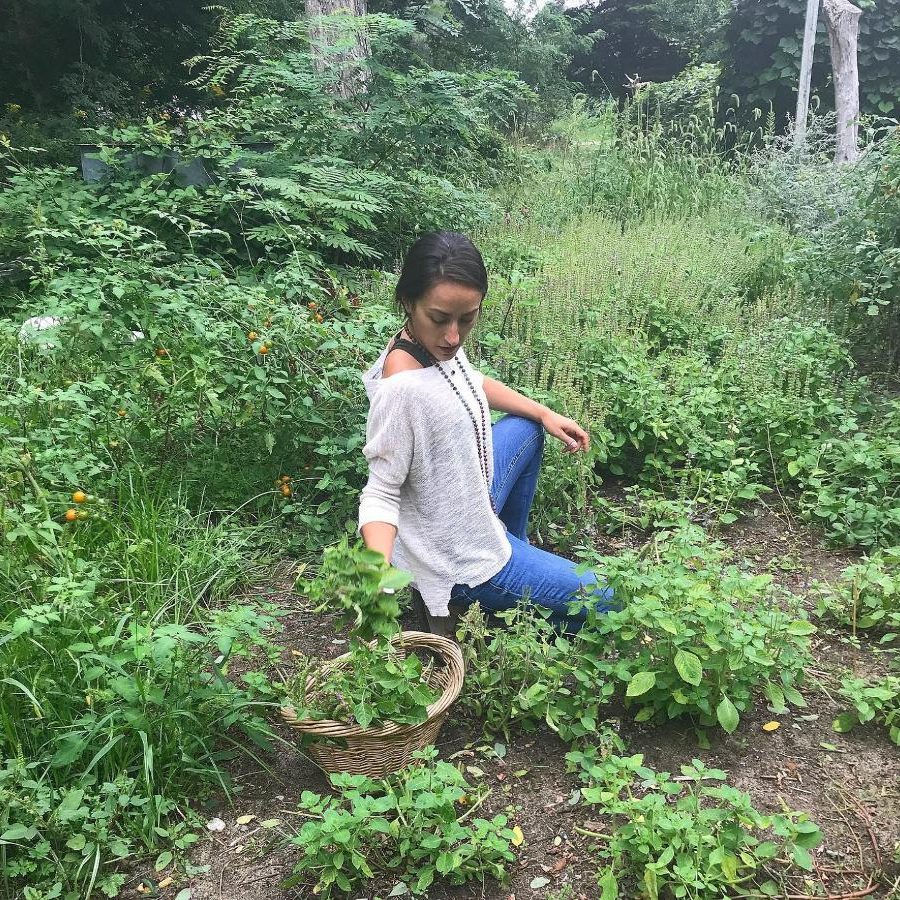
Gilbert, Arizona, United States
From the Heart Botanicals supports their community by providing herbal education and intentionally crafted herbal products. They specialize in loose-leaf herbal tea blends and herbal balms, salves, oils, and skincare. From the Heart prioritizes locally sourced and organic ingredients, produces in small batches to minimize waste and ensure optimal freshness, and uses compostable or easily recyclable packaging. Customers are able to return their packaging for 20 percent off their next purchase.
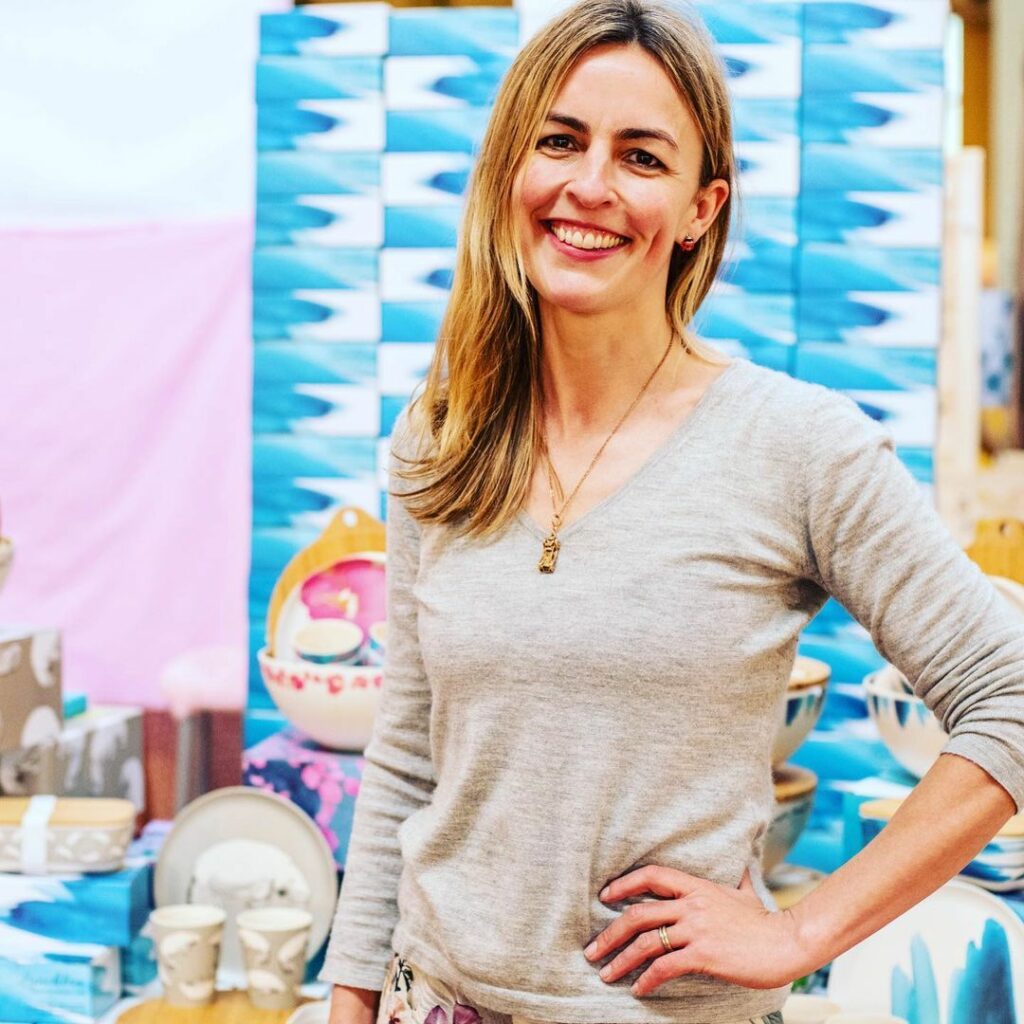
Albert Park, Victoria, Australia
Emilie O’Connor Homestore produces reusable tableware and textiles with designs inspired by Australian flora and fauna in order to reduce single-use product waste and support environmental causes. They offer lunchboxes, plates, bowls, and cups made from bamboo fiber and tea towels, napkins, and food wraps made from GOTS certified organic cotton and printed with environmentally responsible inks. Their beeswax food wraps are coated with local Australian beeswax, and their vegan food wraps are coated with a plant-based resin. Their first collection is inspired by sea life, coral reefs, and sea animals which are under threat. Emilie O’Connor Homestore donates a portion of their profits to Surfers Against Sewage to help clean up the sea and change public policy.
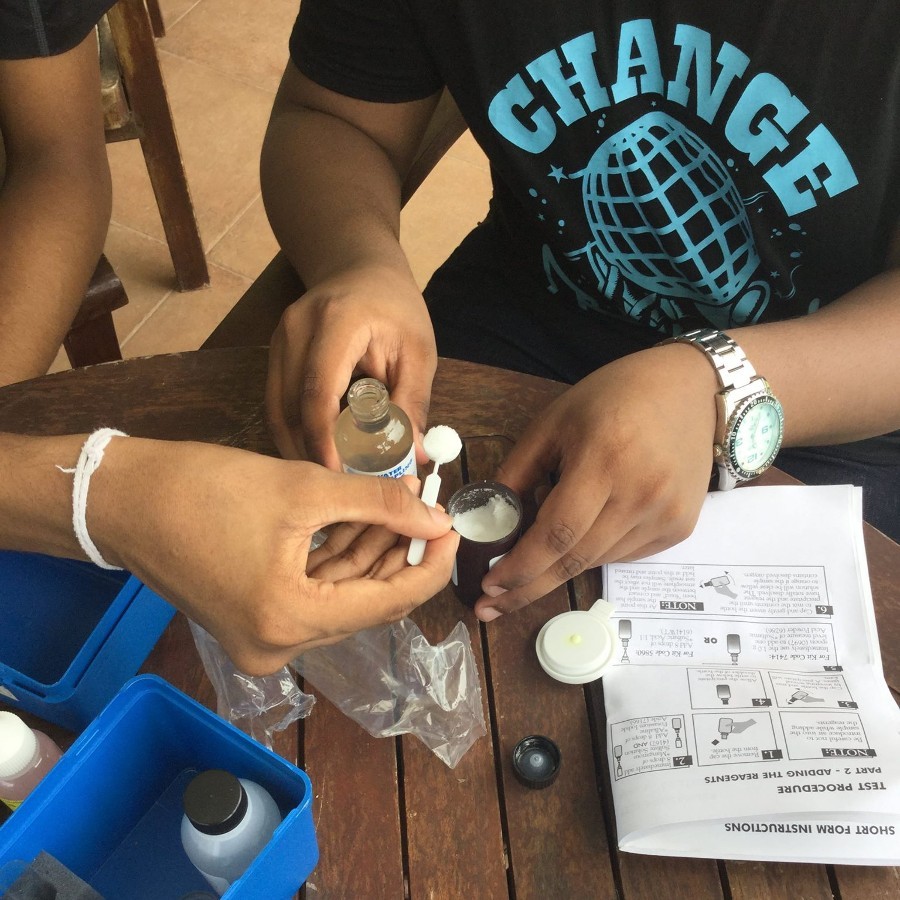
Colombo, Sri Lanka
GLOBE Family of Royal College is a student club that started in 1998 with a focus on environmental research activities and sustainable development. They are part of the Global Learning and Observations to Benefit the Environment (GLOBE) Program, an international science and education initiative that enables students and citizens worldwide to participate in data collection and the scientific process and contribute meaningfully to understanding the Earth and its ecosystems. The program promotes scientific discovery, increases environmental literacy and stewardship, and builds connections between people who are passionate about the environment. GLOBE Family of Royal College develops projects, collaborates with other clubs and environmental initiatives in Sri Lanka, and shares data with other groups around the world.
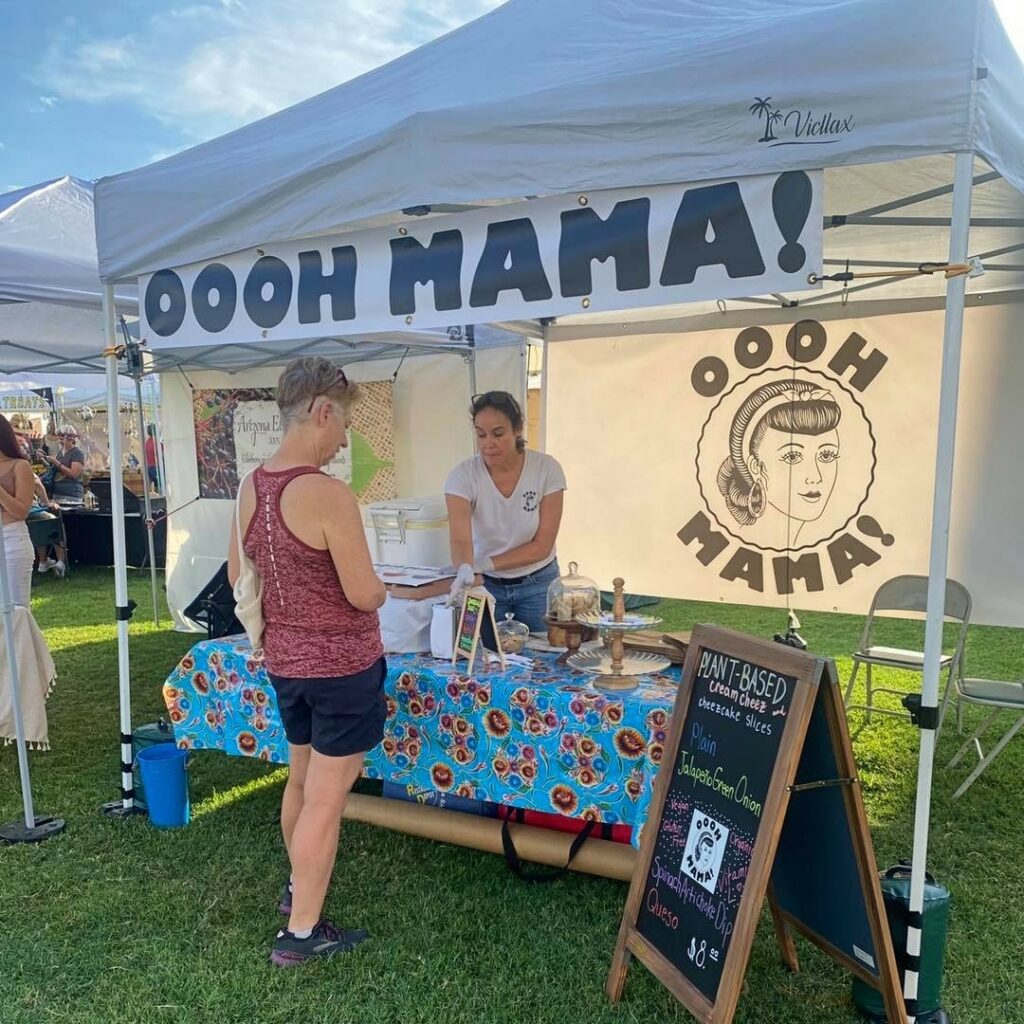
Phoenix, Arizona, United States
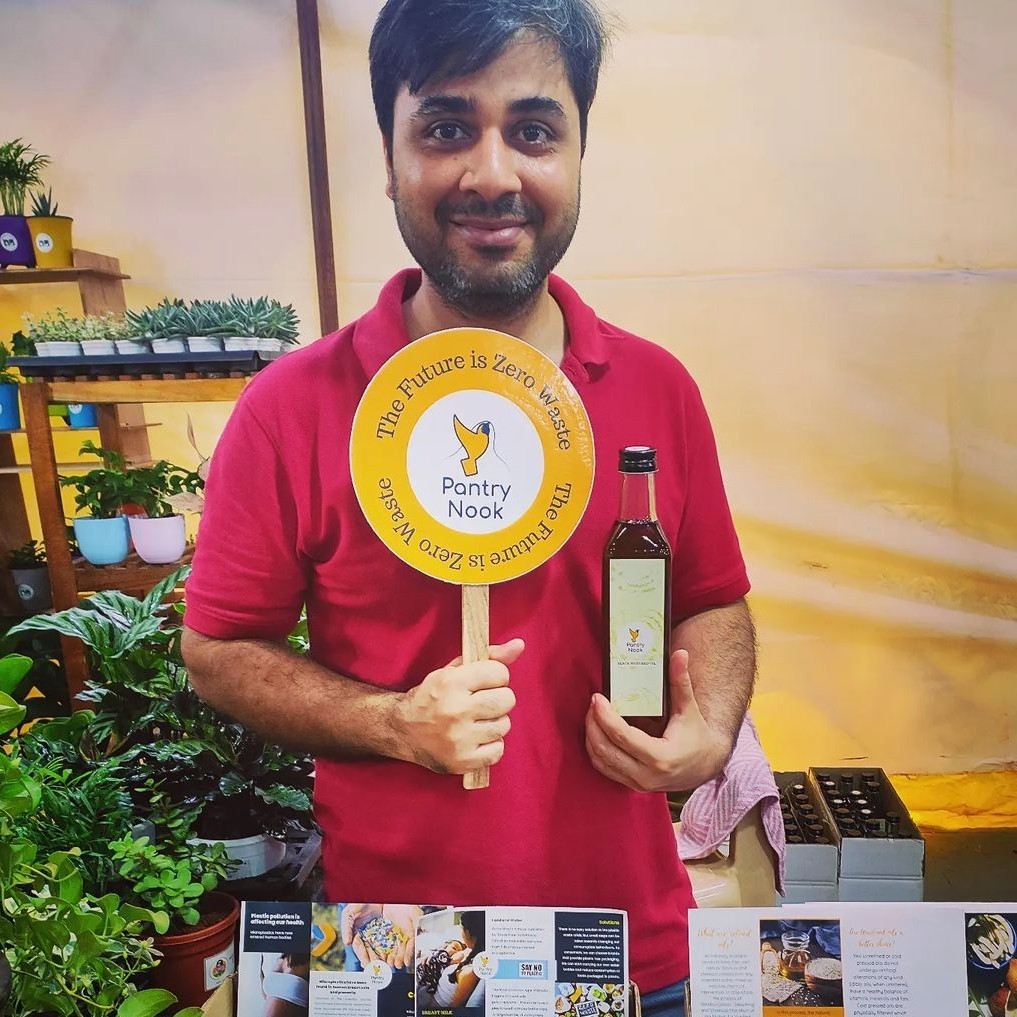
Jaysingpur, Maharashtra, India
PantryNook offers zero waste kitchen essentials with a focus on removing plastics from food packaging and supply chains and making sustainable living accessible, convenient, and affordable for everyone. They source spices, cold-pressed edible oils, natural sweeteners, and other grocery items from local farmers and suppliers and package them in refillable glass containers and compostable paper. They maintain low margins in order to cover the higher cost of plastic-free packaging and still keep their products affordable. PantryNook does not import materials or export products. They work with rural communities to expand their product range. PantryNook runs on solar energy and uses their platform to promote the transition to zero waste lifestyles and a circular economy.
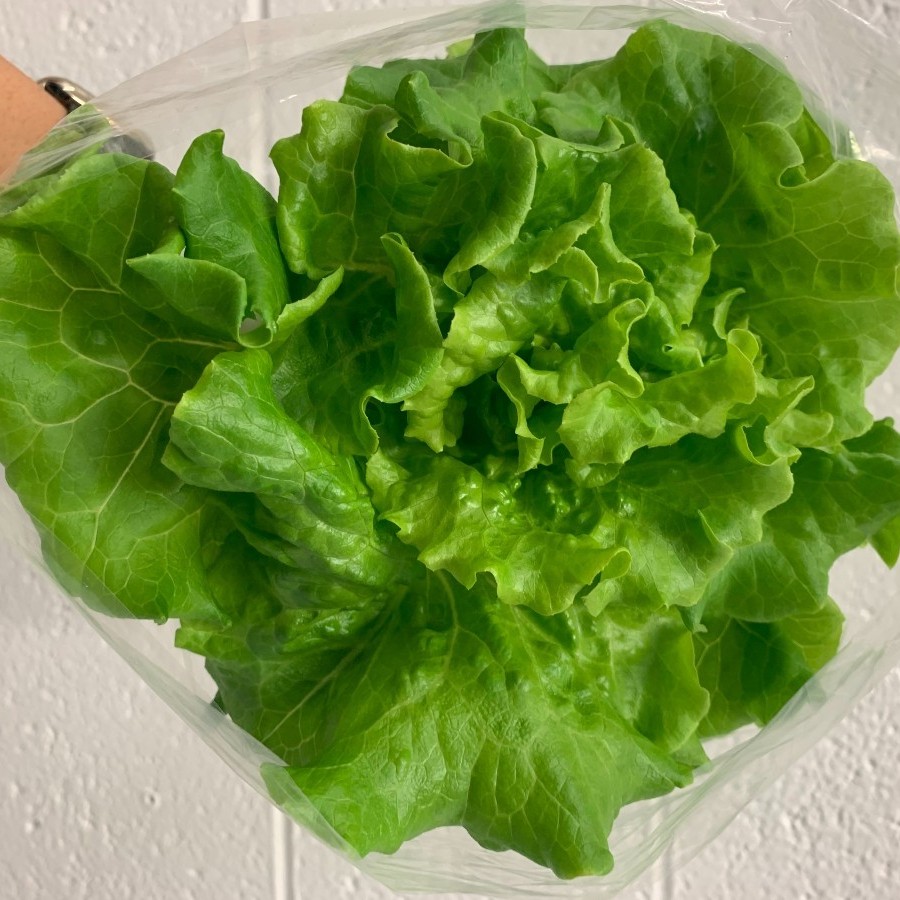
Phoenix, Arizona, United States
Homer Farms aims to build a more resilient and sustainable food system in Arizona through a closed loop process that consists of a vertical farm for food production and an anaerobic digester for food waste. They produce fresh leafy greens and herbs using indoor hydroponic technologies that are powered by renewable energy, eliminate the need for pesticides and herbicides, and reduce water consumption by 95 percent compared to conventional field farming. Homer Farms supplies fresh produce to local markets, grocery stores, hotels, and universities, collects their food waste, and converts it into concentrated natural fertilizer and bioenergy using the anaerobic digester. Homer Farms is under incubation at the University of Arizona Center for Innovation and is located at the Arizona State University Polytechnic Campus. They partner with local organizations to donate fresh produce to communities in need.
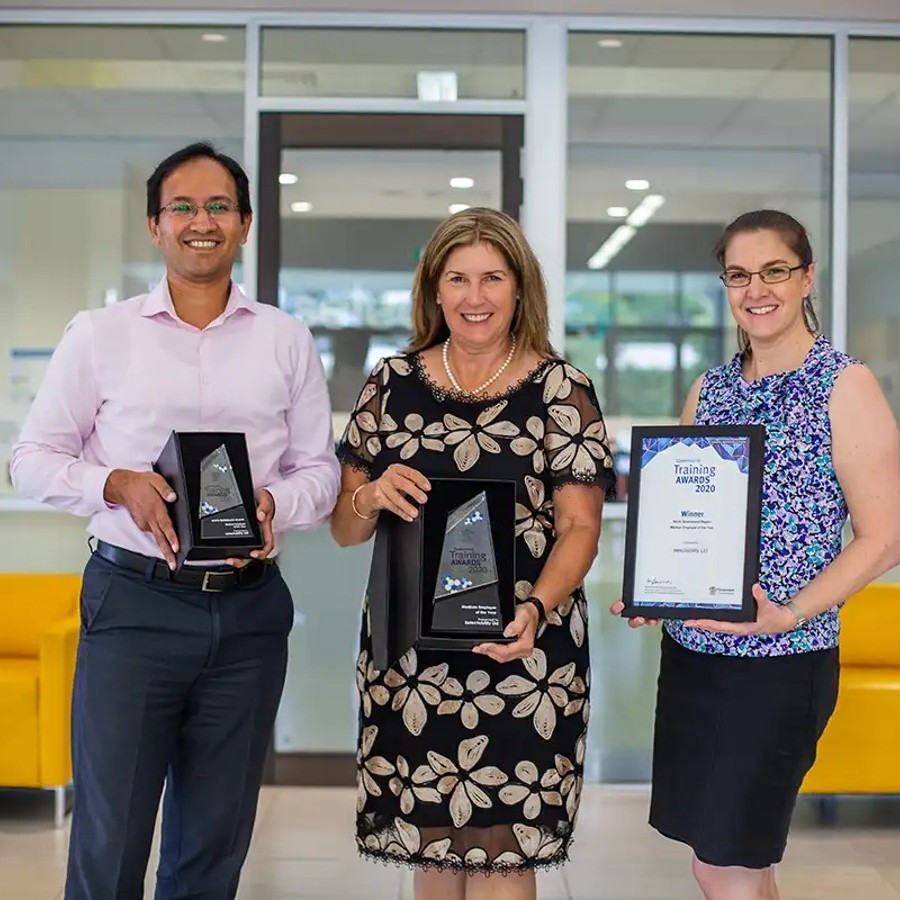
Mysterton, Queensland, Australia
Enablen supports not-for-profit organizations and small businesses that are dedicated to creating positive change in Australian communities. They specialize in grant writing, web development, and eLearning solutions related to health, education, and community services. Enablen works with each client to understand their unique purpose, mission, and values and develops highly customized technology and creative solutions based on their needs. They give back to the community by supporting local organizations and events, providing pro bono services and resources to those in need, and donating at least five percent of sales to nonprofits, research institutions, and community initiatives. Enablen is a Social Traders Certified Social Enterprise.
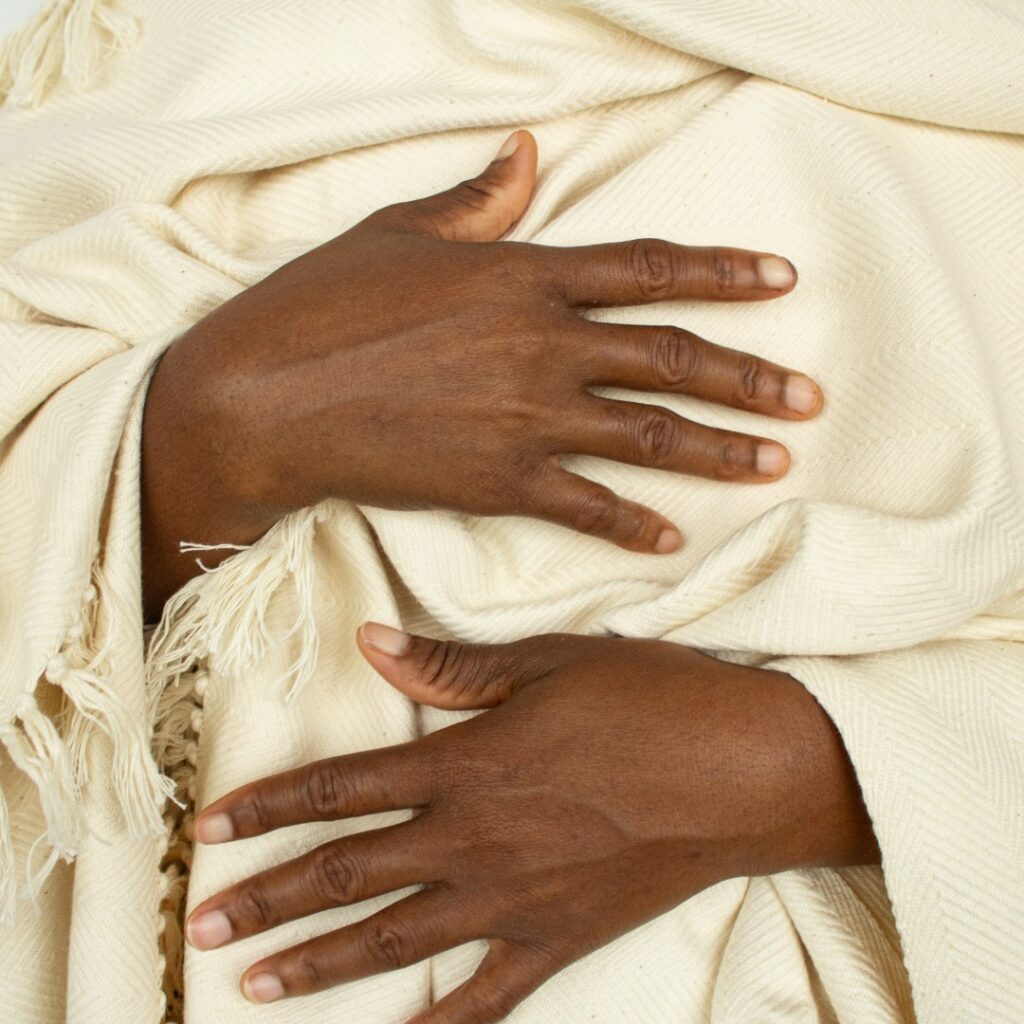
Zoa Collective creates artisanal housewares in Kenya with a focus on conscious collaboration and mutual exchange of knowledge. They offer handloom towels, throw blankets, cushions, and other home textiles made from East African cotton. They also create unique vases, coasters, and candle holders from locally sourced materials and low-impact resin. Their design studio is committed to revitalizing traditional crafts, supporting artisan communities, and contributing to a circular economy.
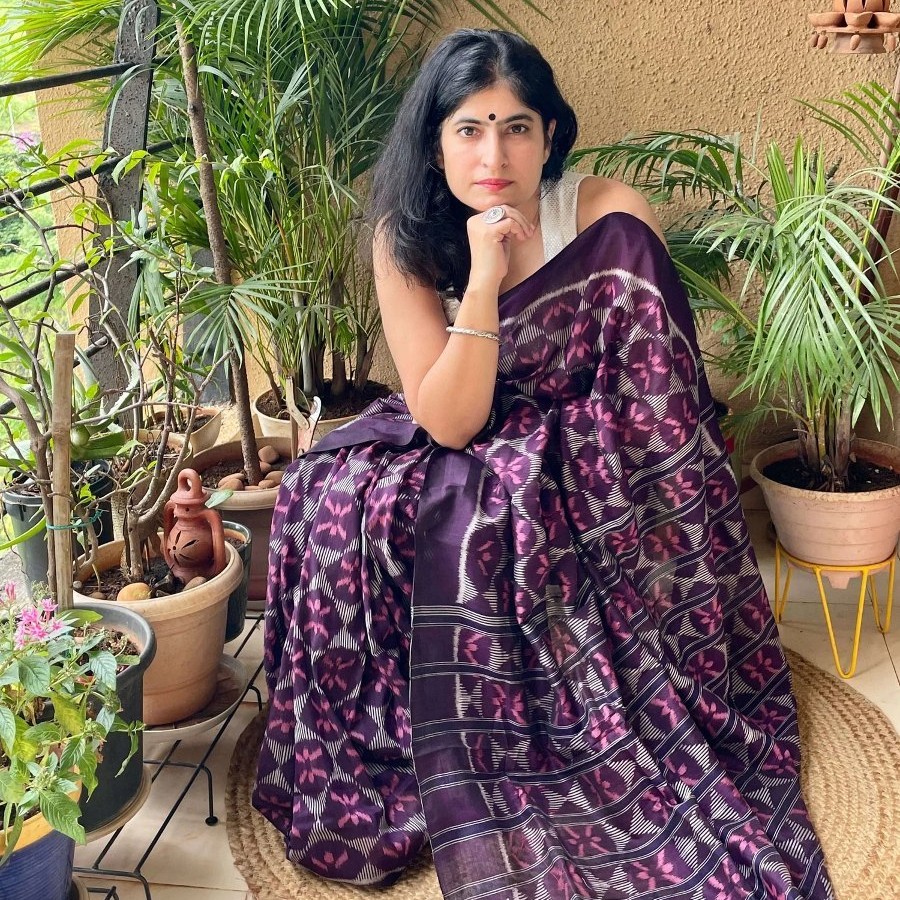
ForSarees creates livelihoods for rural artisans and supports women’s empowerment by developing a global market for handcrafted sarees. They work with clusters of weavers in 10 states across India to revive indigenous designs and techniques and produce natural cotton and silk handloom sarees with low environmental impact. ForSarees removes intermediaries from the supply chain in order to increase revenue for the artisans and reduce prices for the final consumer. They help ensure artisans have consistent monthly income, and they reinvest their profits to support artisan communities.
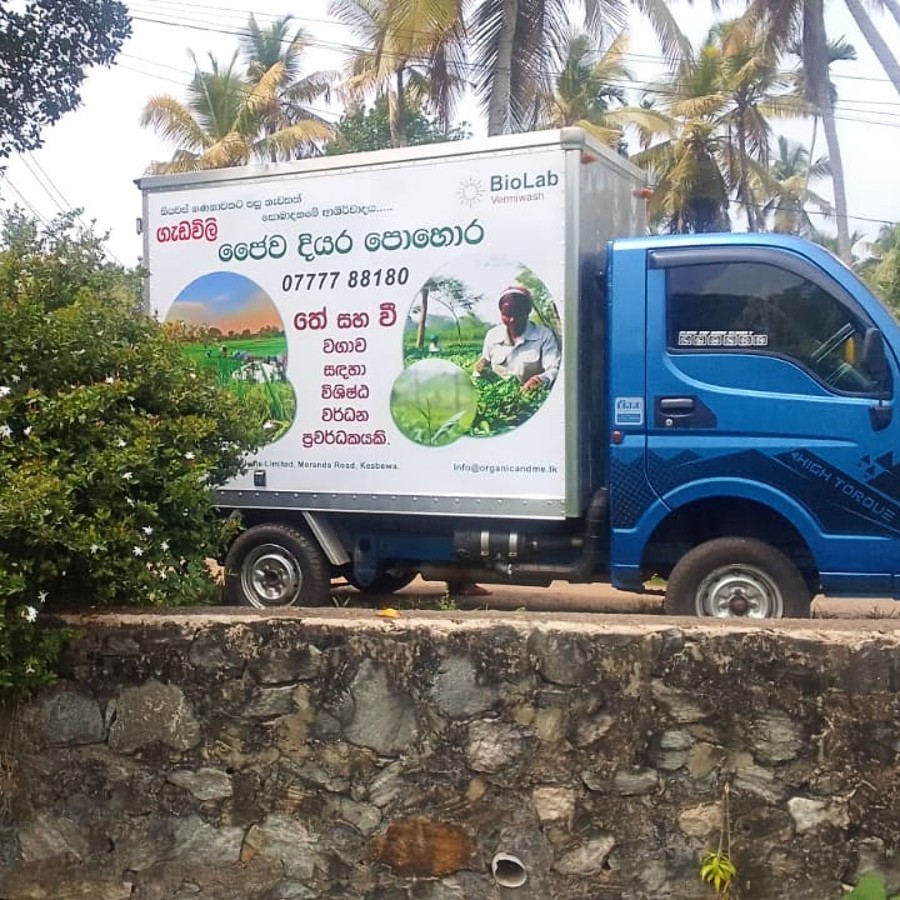
BioLab was started to improve soil health and human health in Sri Lanka by providing a renewable local alternative to harmful imported agrichemicals. Their worm farm uses millions of Eisenia fetida earthworms to rapidly break down food scraps and other organic waste into nutrient-rich vermicompost and vermiwash. BioLab’s natural fertilizers are suitable for organic production and are sold with minimal margins to keep costs low and ensure products are accessible to small-scale farmers. They reinvest their proceeds to scale production and support the transition to healthy and sustainable organic food systems.
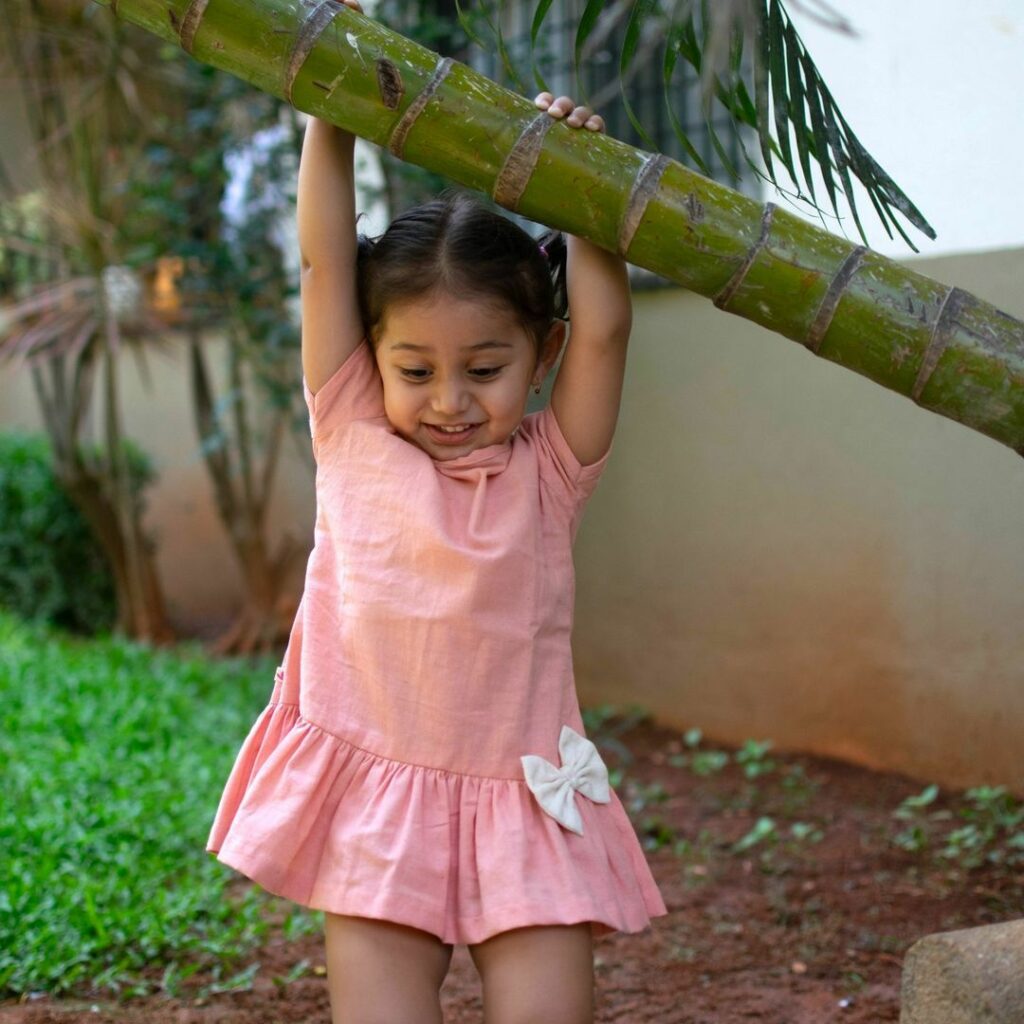
Tarivarna creates handwoven and naturally dyed contemporary clothing to benefit the environment and help revive the handloom sector. They specialize in children’s tops and dresses. Products are made from local cotton and traditional dyes and packed in reusable cotton bags. Tarivarna reinvests all proceeds towards their mission.
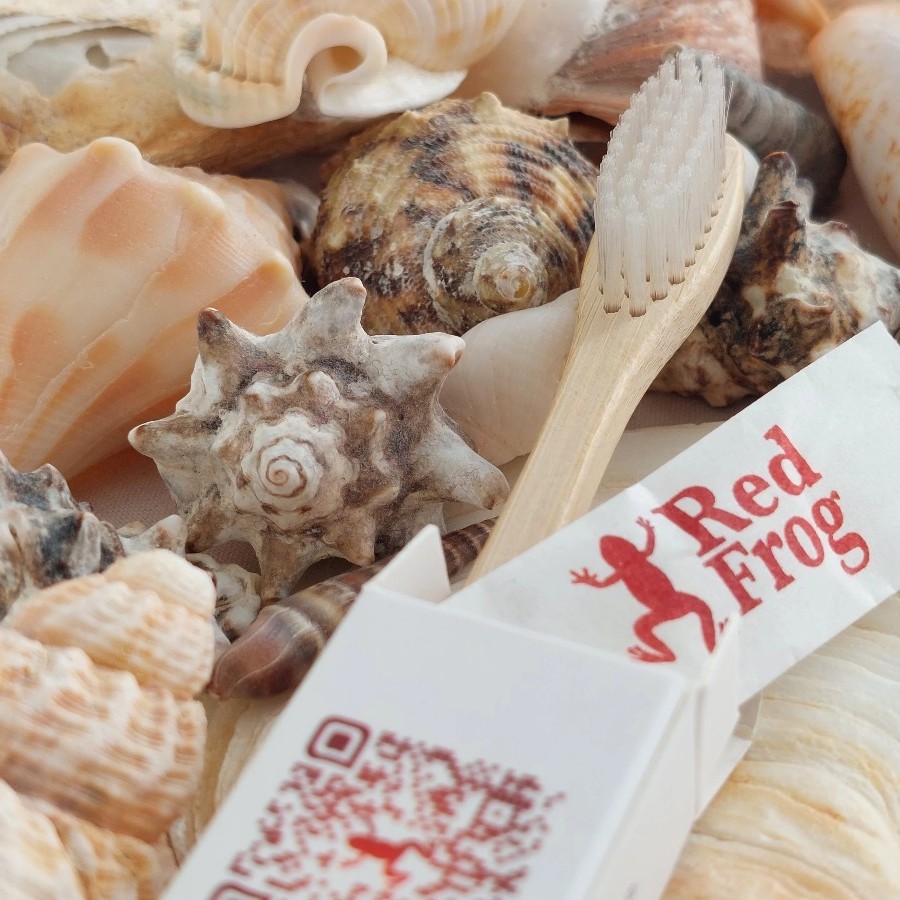
Watton, England, United Kingdom
RedFrog focuses on bamboo solutions to stop plastic waste, reduce our carbon footprint, and create a healthier, more sustainable world. They offer Moso bamboo toothbrushes with castor bean bristles and natural toothpaste tablets as a biodegradable alternative to plastic toothbrushes and toothpaste tubes. Packaging is compostable and can be customized with company branding. RedFrog is committed to keeping plastic-free products affordable and accessible.
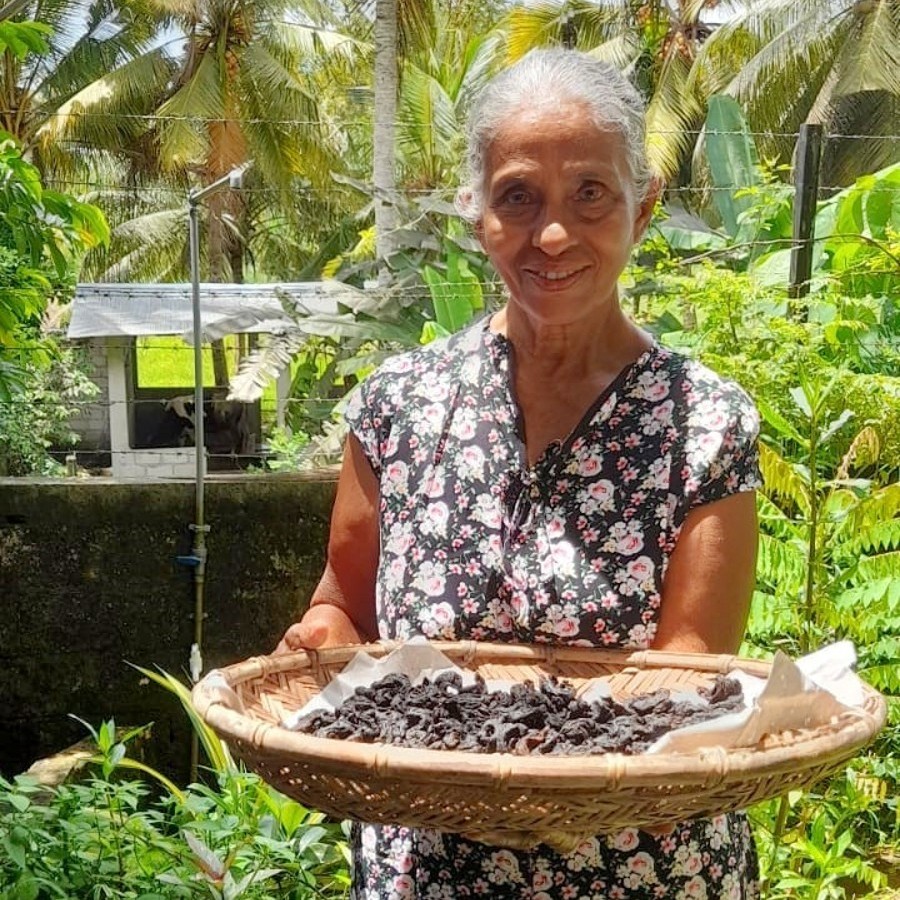
Homagama, Sri Lanka
La Kandyan Foods produces natural, value-added food products in order to create rural livelihood opportunities, reduce post-harvest losses and waste, and make it easier for people to consume traditional foods that have medicinal value. They source bitter gourd, tamarind, goraka, and other raw materials from small-scale local producers and use solar-powered facilities for cleaning, processing, and packaging. La Kandyan Foods commits a portion of their profits to SOS Children’s Village.
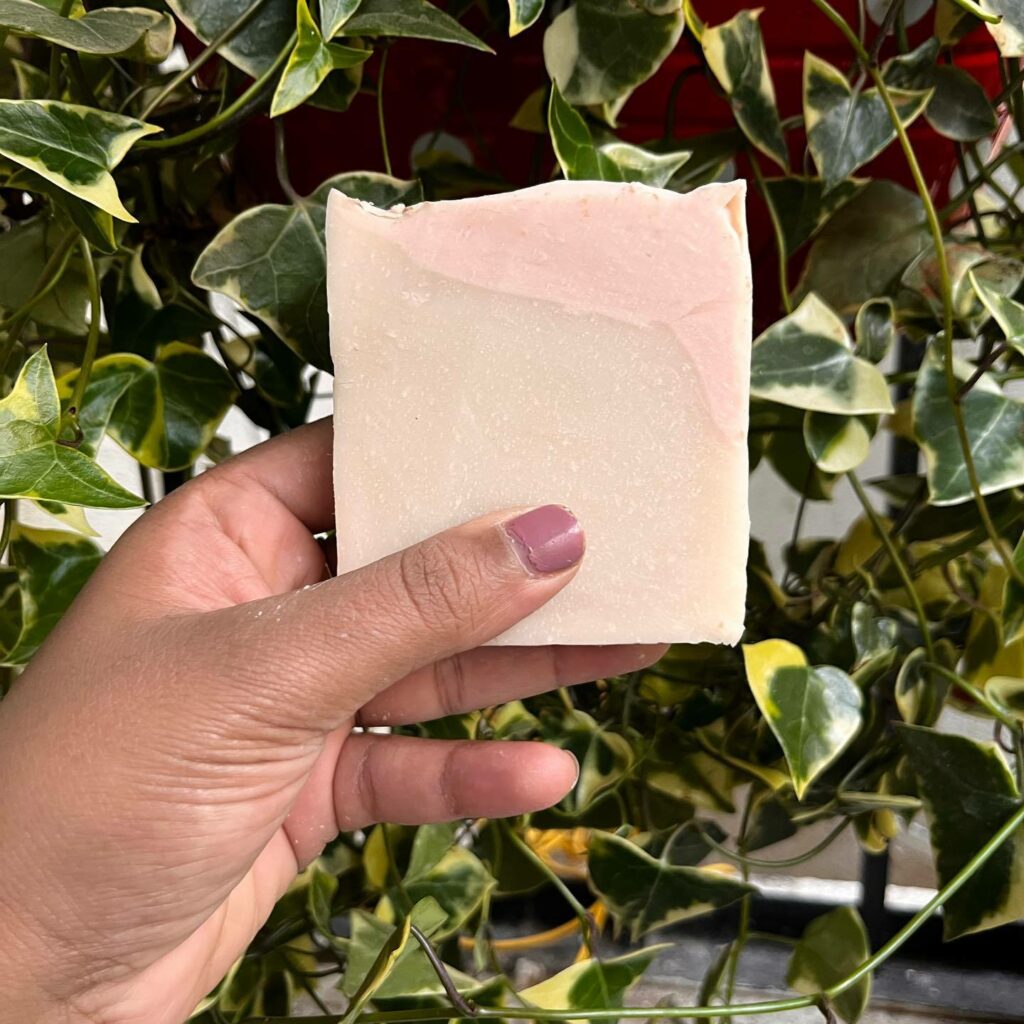
Bengaluru, Karnataka, India
The Good Soap is committed to the art of care for skin and the planet. They produce handmade vegan soaps, body butters, lip salves, face mists, and soy wax candles from natural and organic ingredients. All products are free from artificial colors, fragrances, preservatives, and additives.
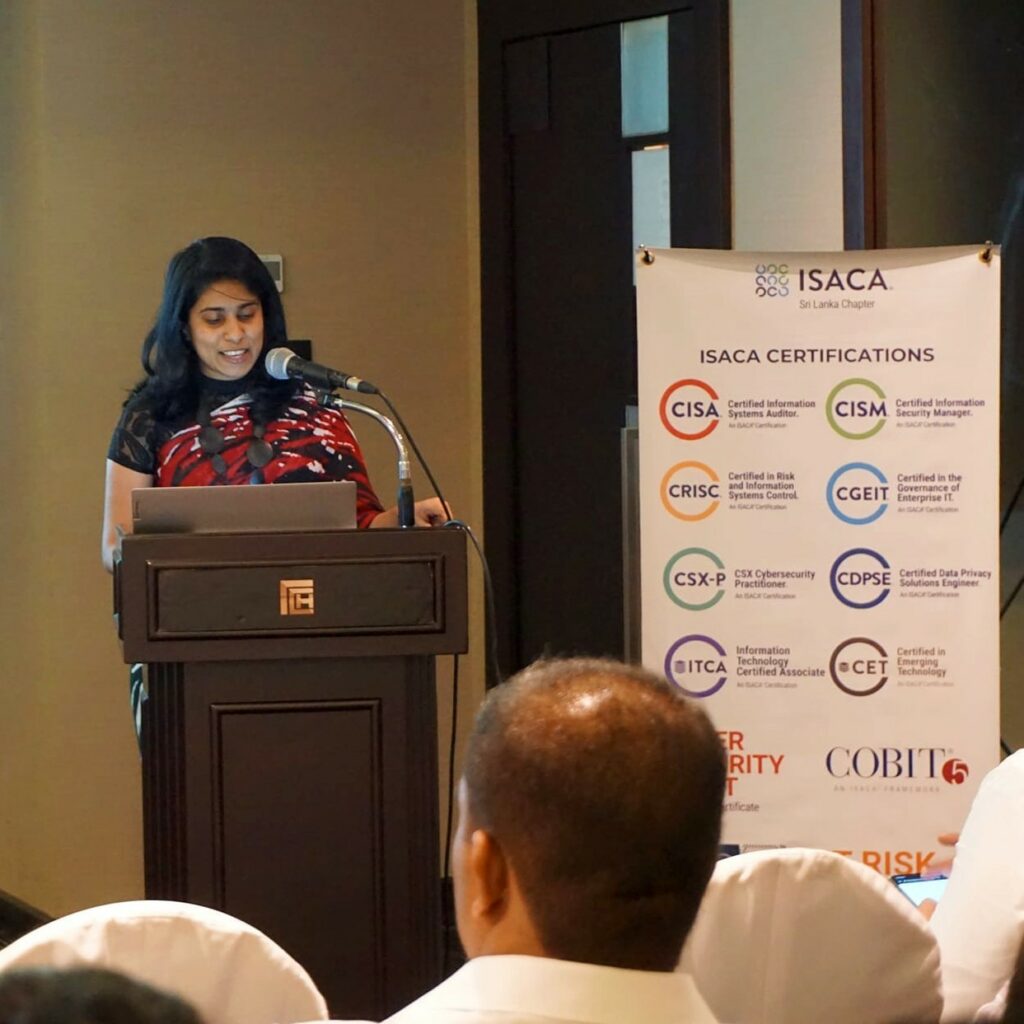
Colombo, Sri Lanka
Information Systems, Audit and Control Association (ISACA) is a global membership organization for information systems professionals that aims to advance digital trust, create spaces that are more secure, transparent, and ethical, and build a better digital world for all. They provide educational resources, personalized training programs, and globally recognized certifications in information systems auditing, cybersecurity, data privacy, and governance. The ISACA Sri Lanka Chapter started in 1996. They offer scholarships, organize student groups, conduct free public awareness campaigns, provide affordable training programs, and give back through CommunITy Days. ISACA Sri Lanka is registered as a not-for-profit organization.
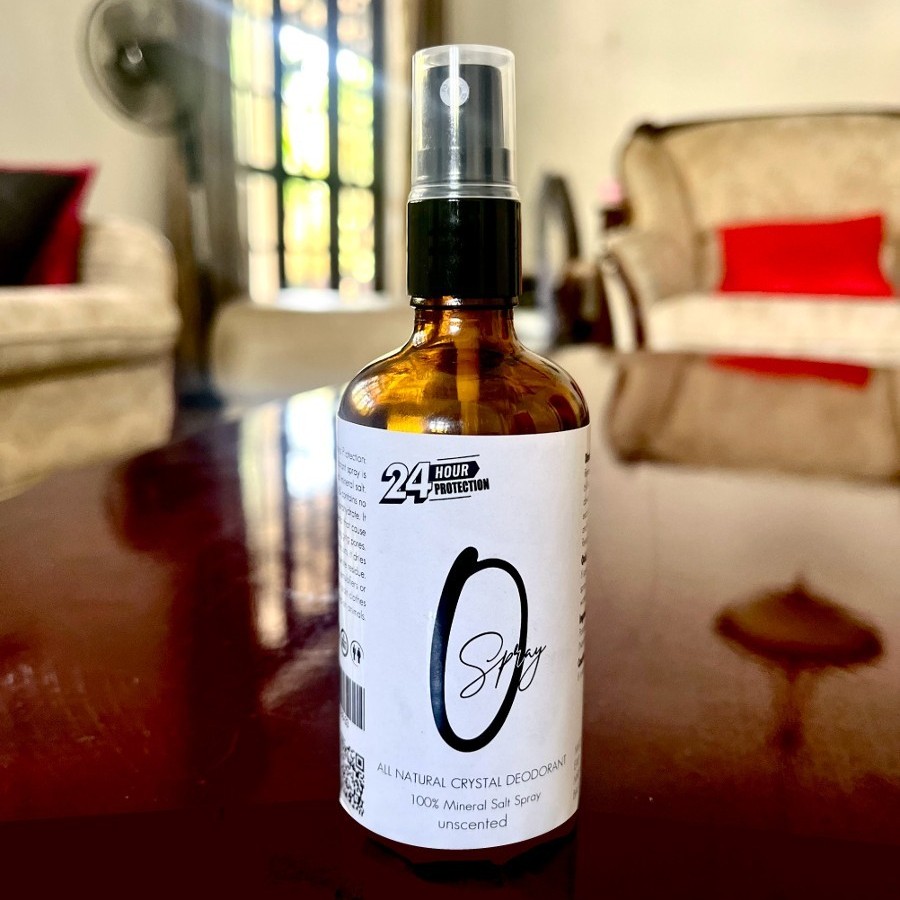
Piliyandala, Sri Lanka
O Spray offers natural mineral salt deodorant in Sri Lanka to support wellbeing and environmental responsibility. Their products provide skin-friendly, long-lasting odor protection with no petrochemical ingredients.
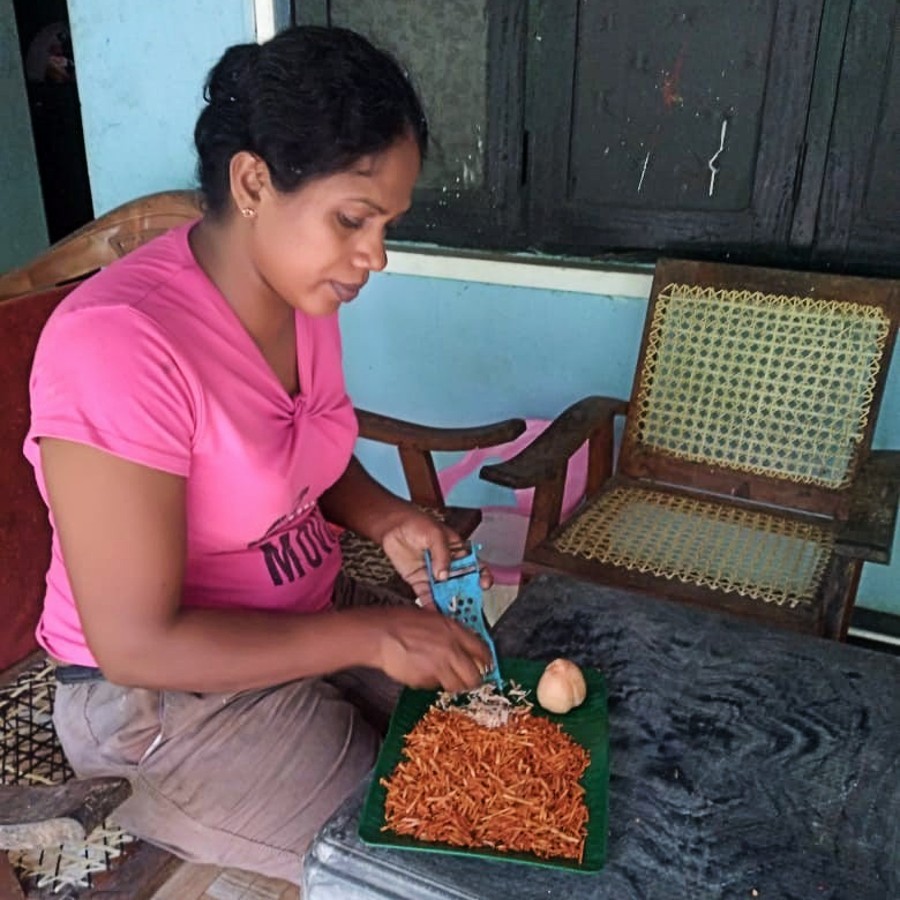
Madagalla, Sri Lanka
Sanu Products produces condiments and dehydrated food and drinks from natural, sustainably sourced ingredients with a focus on healthy living and environmental protection. They offer blue butterfly pea flower tea, blue lotus tea, avocado seed tea, dried hibiscus, moringa, and curry leaves, lime pickle, ambarella chutney, and more. Sanu sources from local rural families and community lakes and forests. They are reinvesting to increase rural production and rural livelihood opportunities.
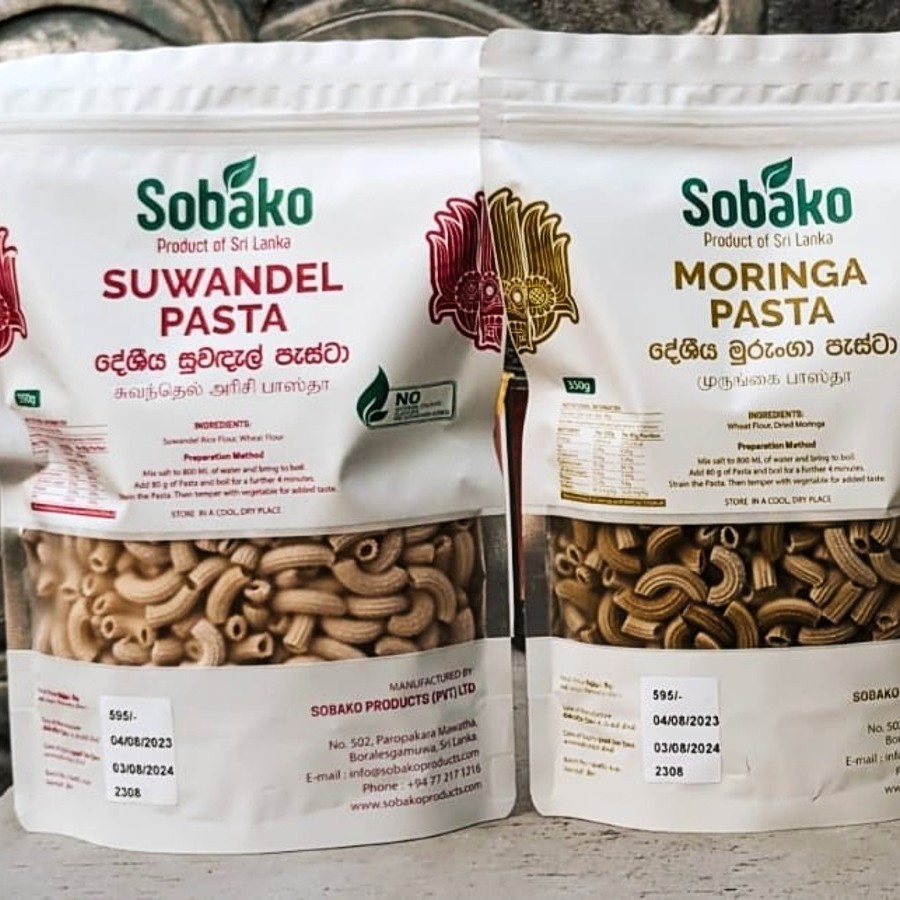
Boralesgamuwa, Sri Lanka
Sobako Pasta produces natural pasta in Sri Lanka in order to benefit local farmers and provide healthy, affordable alternatives to imported products from international companies. They offer pasta made with suwandel heirloom rice, kurakkan, moringa leaves, and corn. Sobako Pasta sources ingredients from a farmers’ organization in Anamaduwa, Anuradhapura. They use a portion of their proceeds to help farmers access natural fertilizer and seeds and overcome financial challenges.
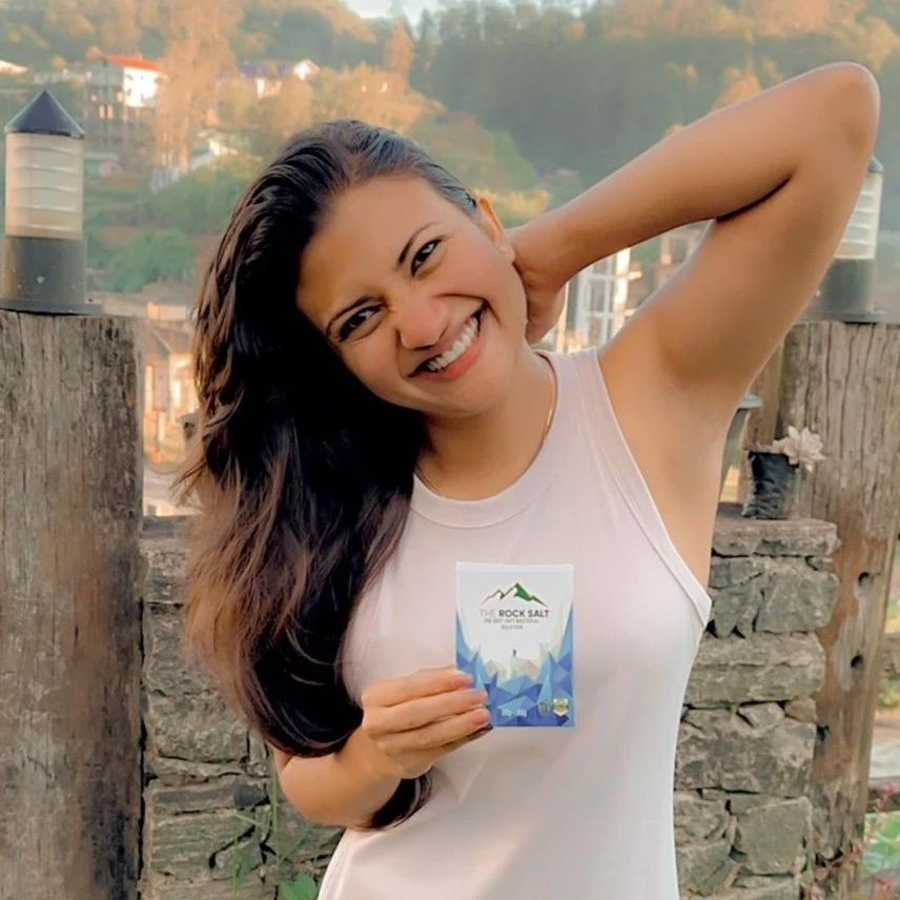
Wattala, Sri Lanka
The Rock Salt offers natural mineral deodorant in Sri Lanka as an alternative to synthetic deodorants made with parabens and heavy metals. They supply potassium alum crystals and sprays with antibacterial properties. The Rock Salt provides special discounts to students.
Know an initiative that’s good for people and good for the planet? The application is currently available in English, Sinhala, Tamil, Urdu, Spanish, and Japanese and started in Nepali: www.goodmarket.global/apply. Want to help make it available in another language? Learn more about the community translation project here.